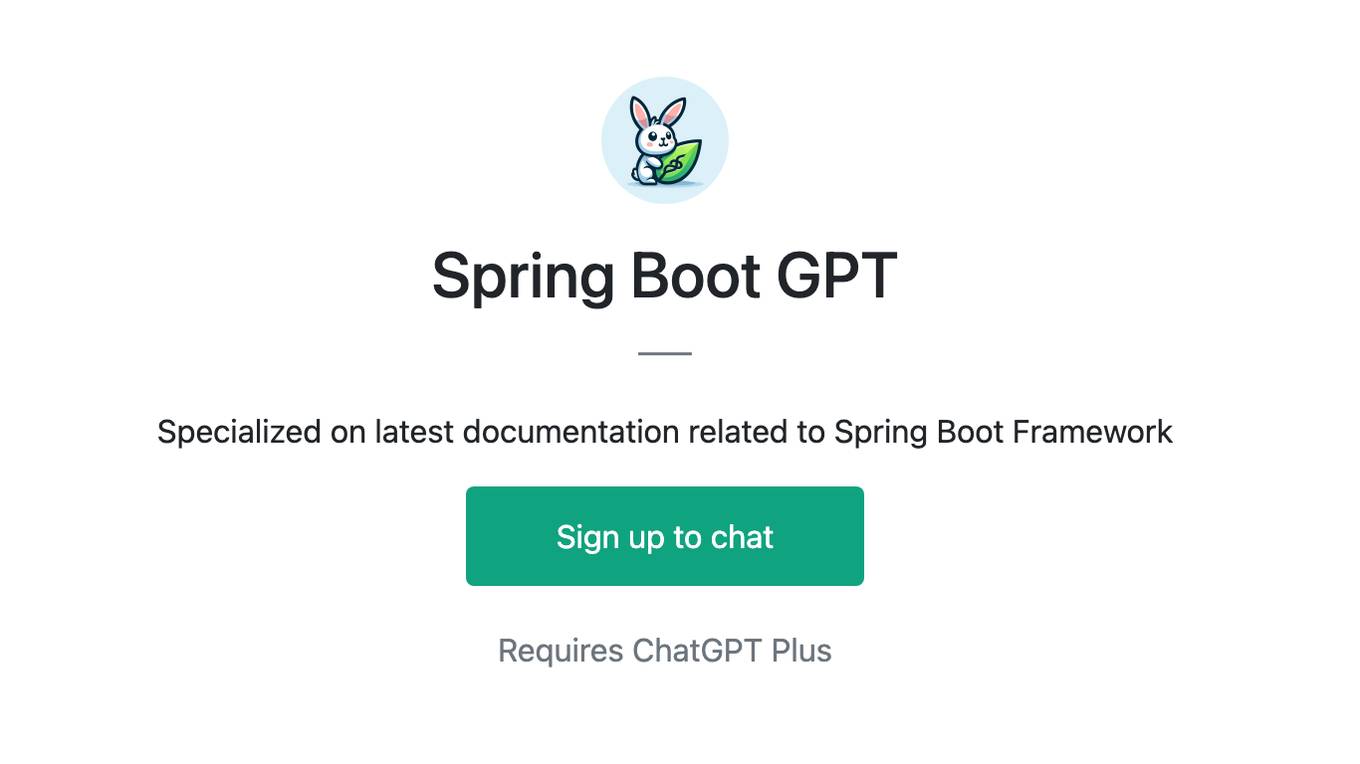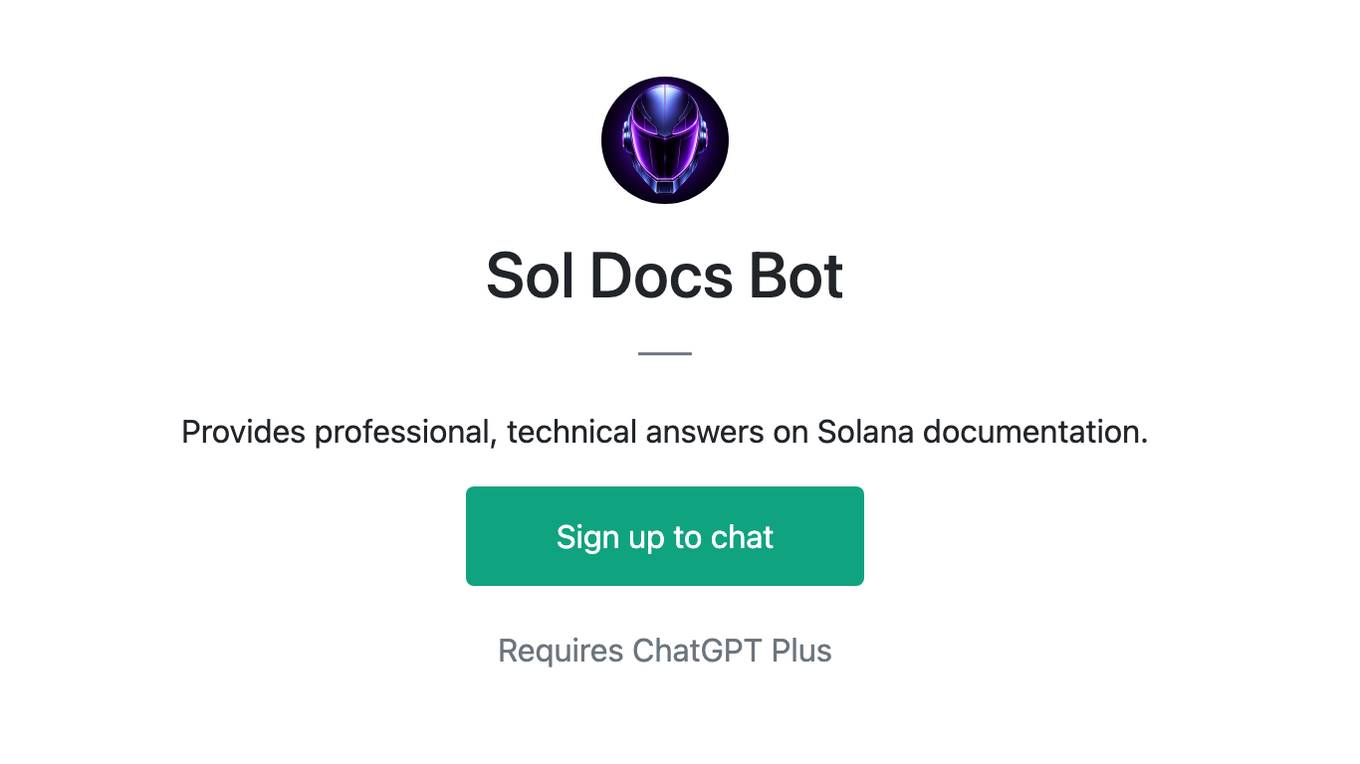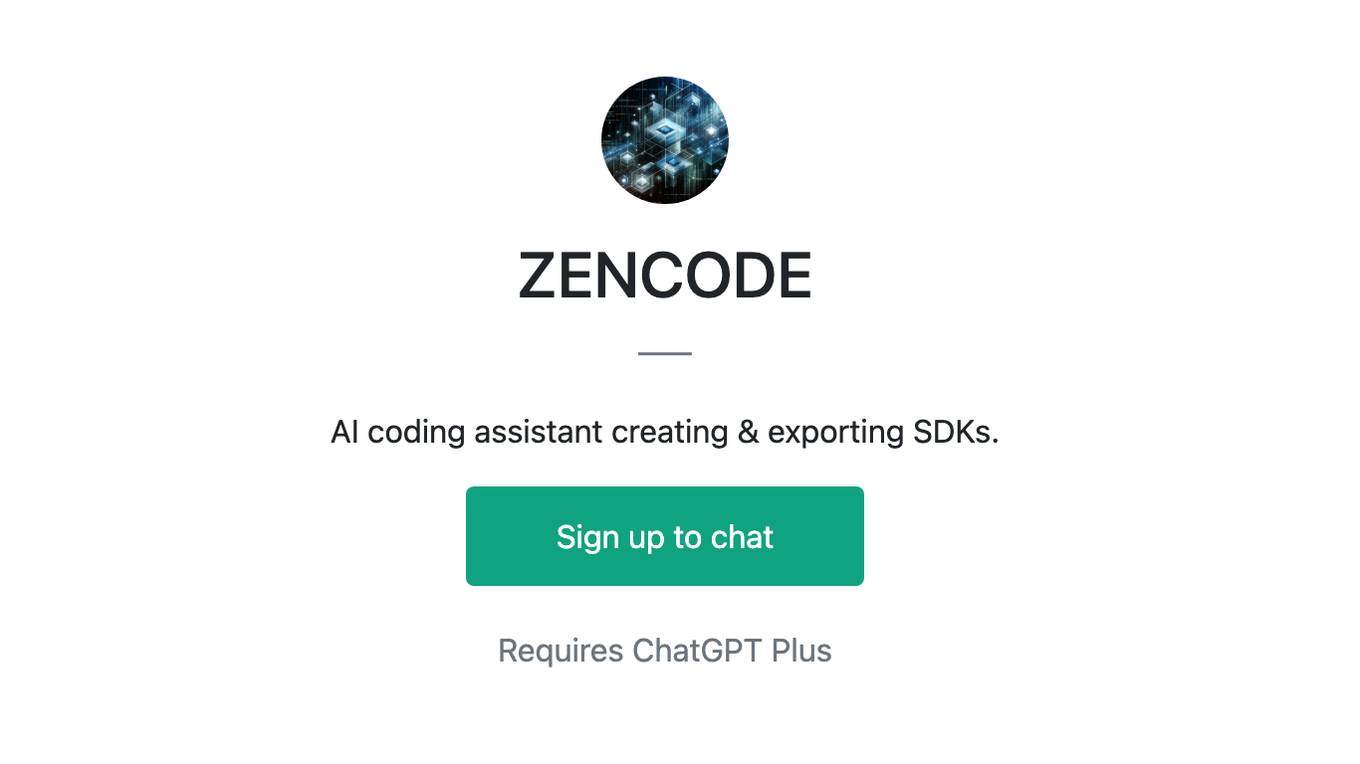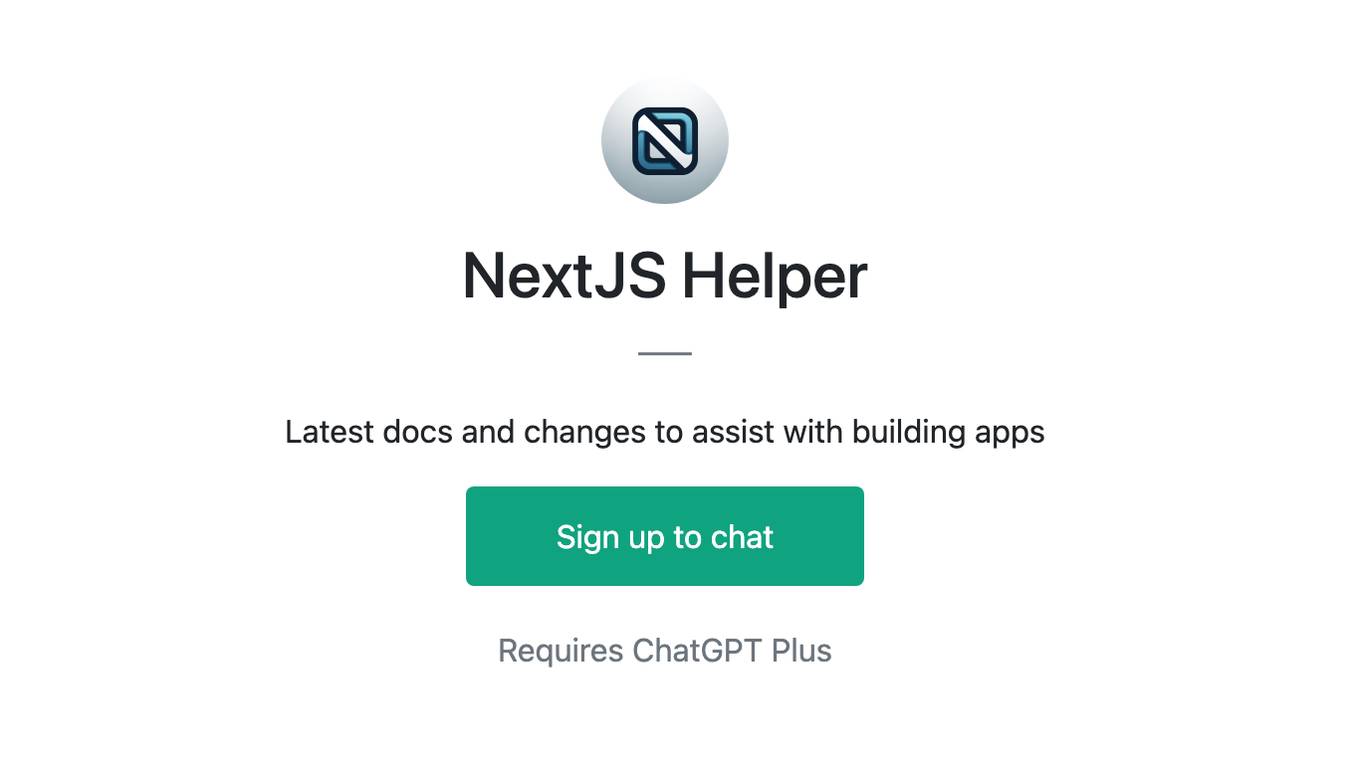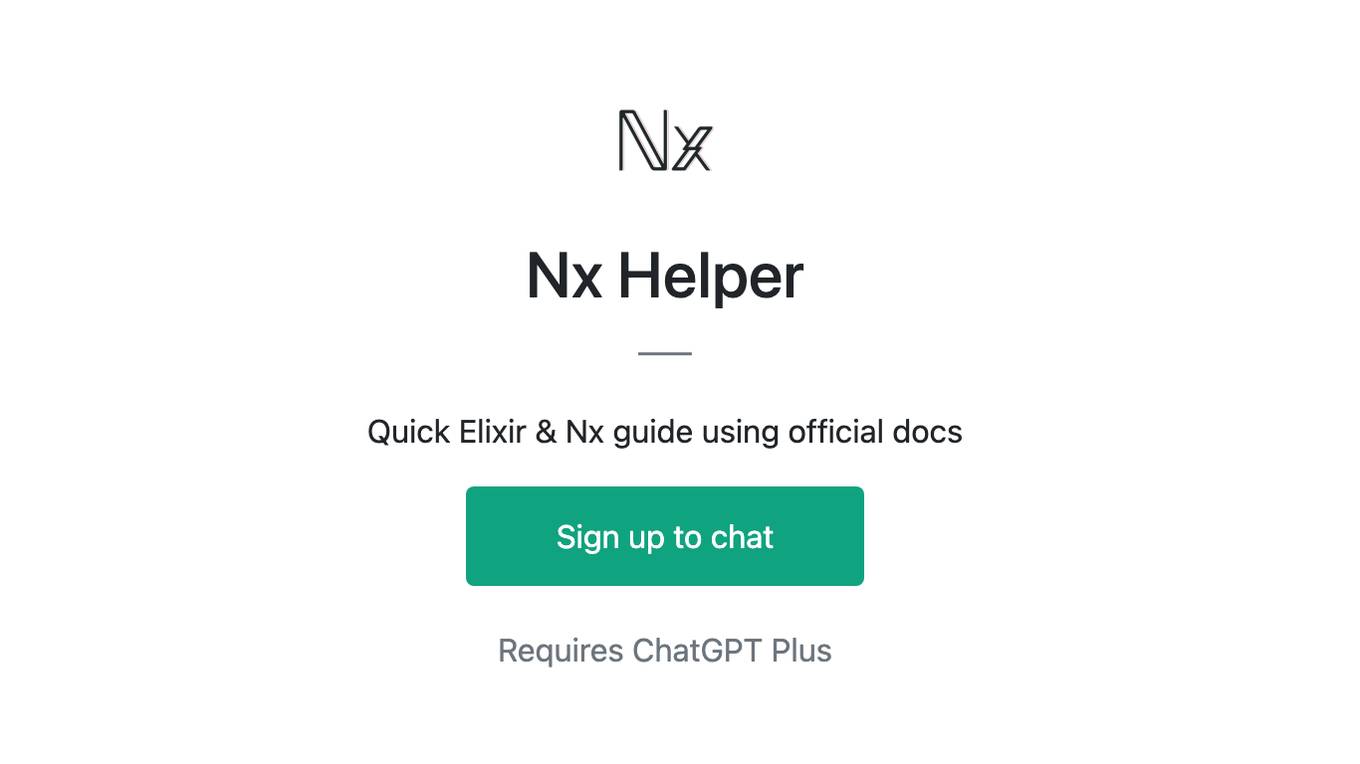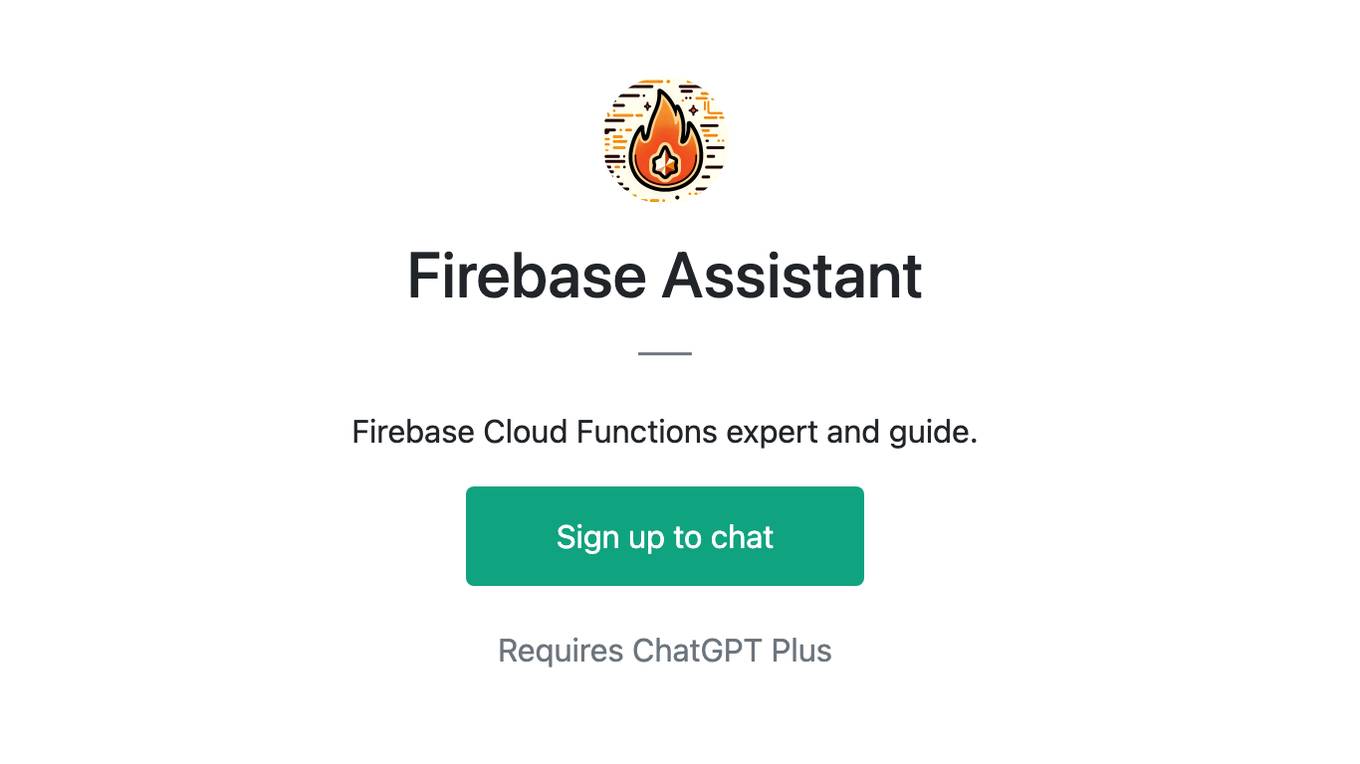Best AI tools for< Deploy Documentation >
20 - AI tool Sites

Site Not Found
The website page seems to be a placeholder or error page with the message 'Site Not Found'. It indicates that the user may not have deployed an app yet or may have an empty directory. The page suggests referring to hosting documentation to deploy the first app. The site appears to be under construction or experiencing technical issues.
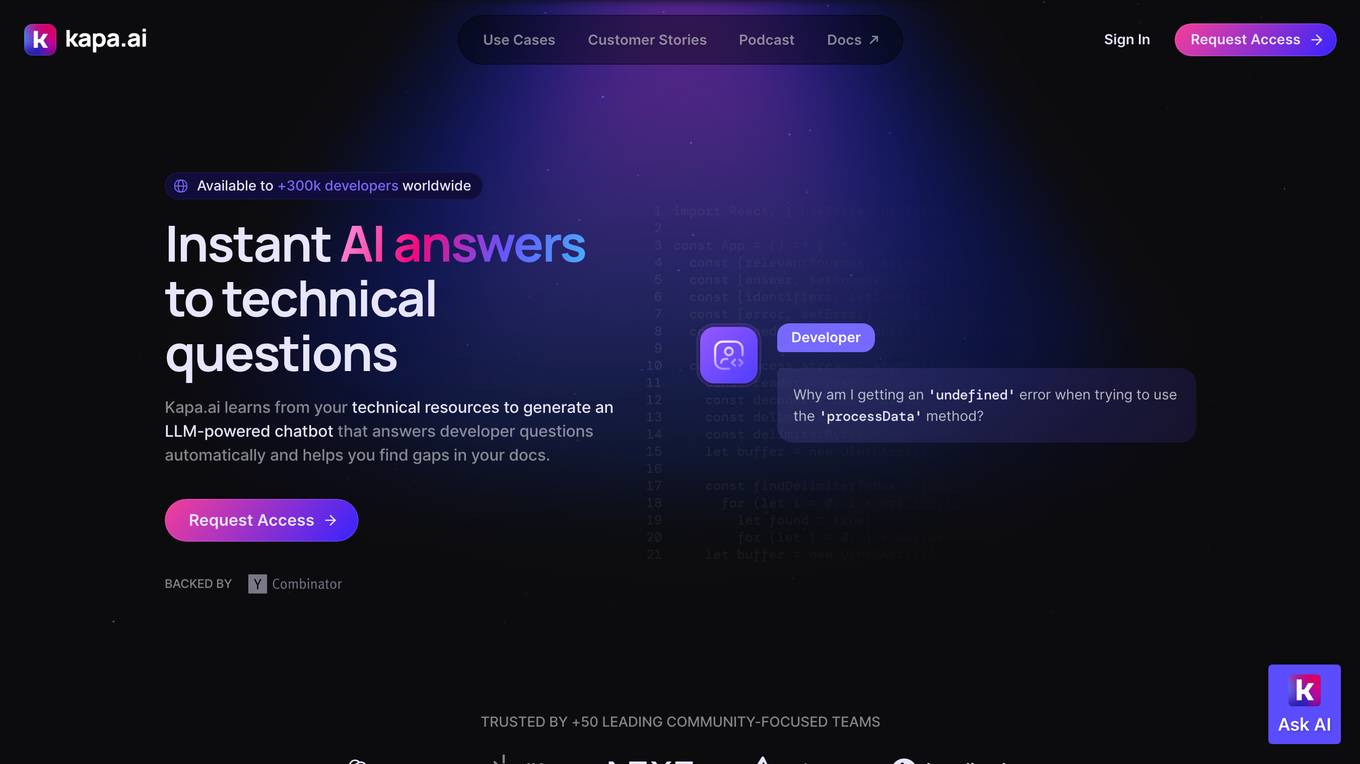
Kapa.ai
Kapa.ai is an AI tool that builds accurate AI agents from technical documentation and various other sources. It helps deploy AI assistants across support, documentation, and internal teams in a matter of hours. Trusted by over 200 leading companies with technical products, Kapa.ai offers pre-built integrations, customer results, and an analytics platform to track user questions and content gaps. The tool focuses on providing grounded answers, connecting existing sources, and ensuring data security and compliance.
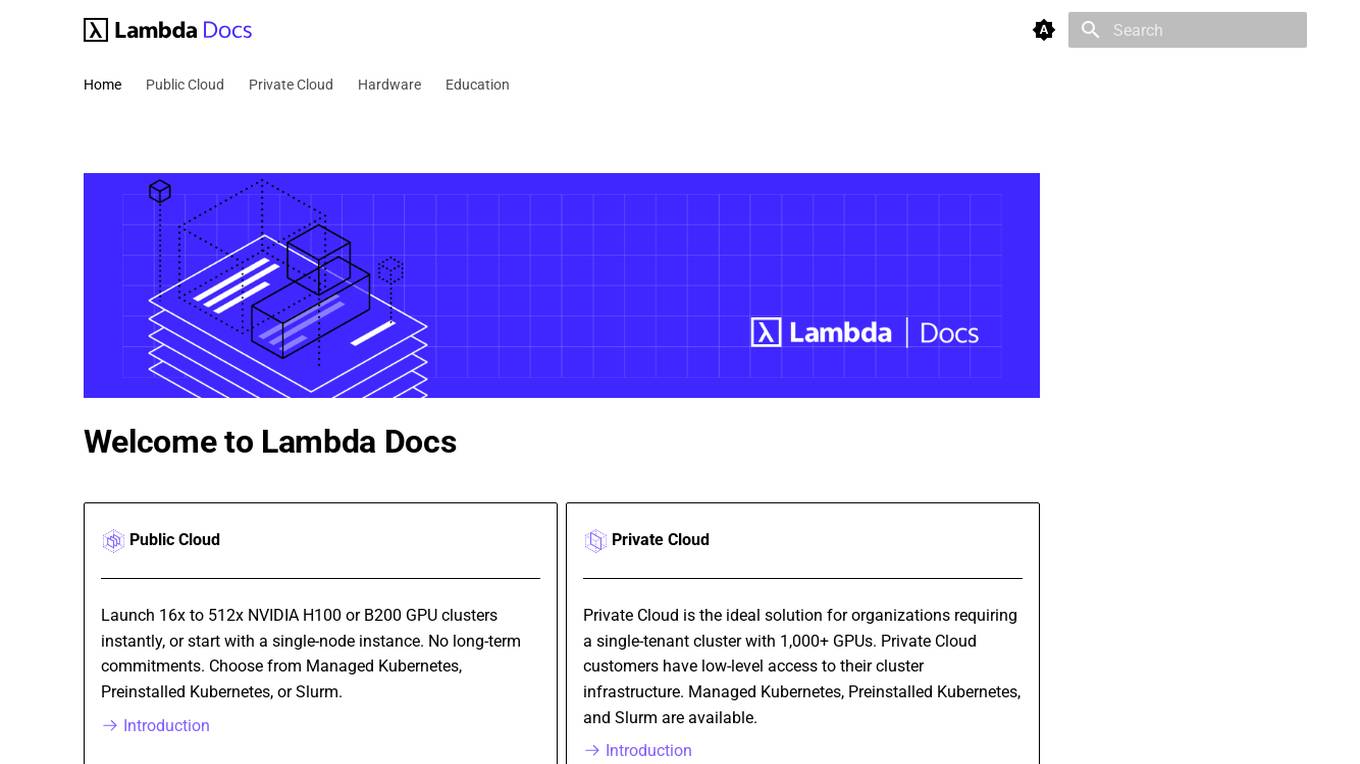
Lambda Docs
Lambda Docs is an AI tool that provides cloud and hardware solutions for individuals, teams, and organizations. It offers services such as Managed Kubernetes, Preinstalled Kubernetes, Slurm, and access to GPU clusters. The platform also provides educational resources and tutorials for machine learning engineers and researchers to fine-tune models and deploy AI solutions.
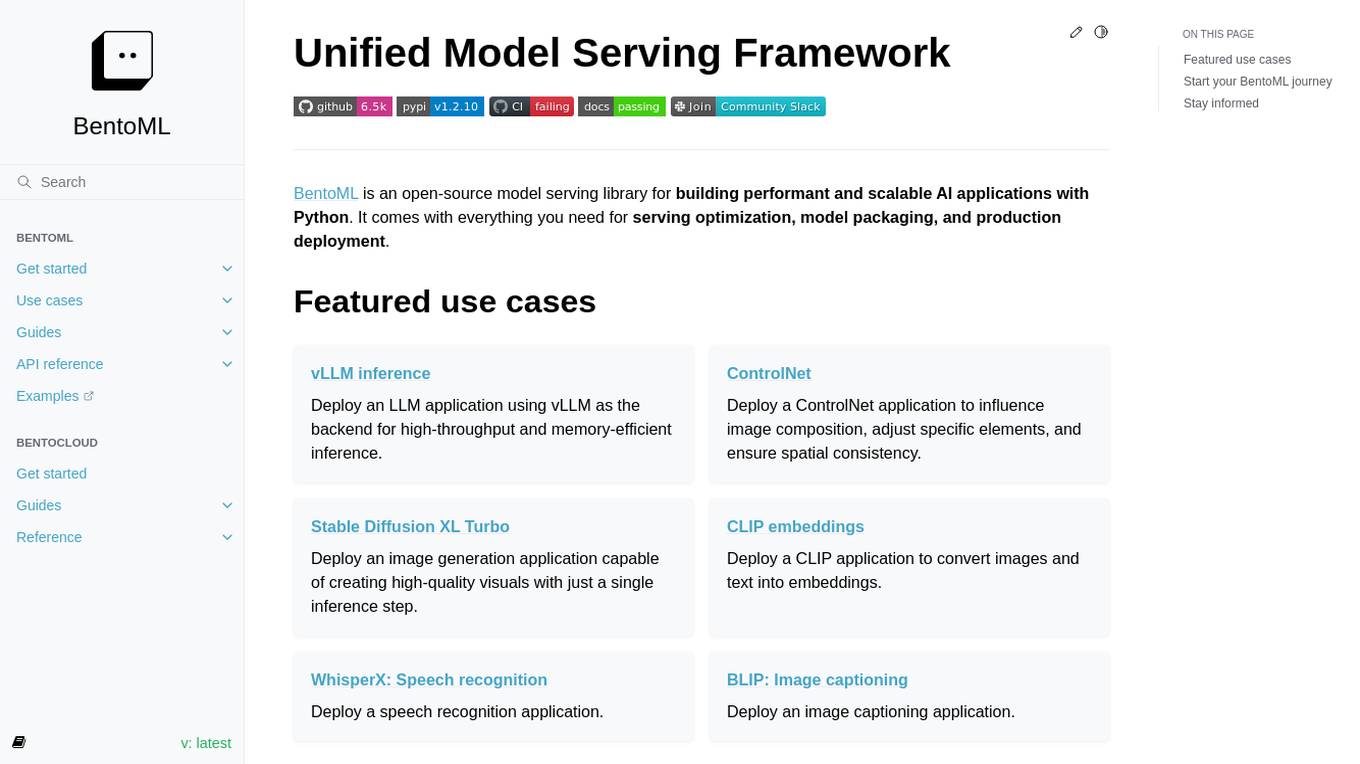
BentoML
BentoML is a framework for building reliable, scalable, and cost-efficient AI applications. It provides everything needed for model serving, application packaging, and production deployment.

DataRobot
DataRobot is an AI tool that provides product documentation for users. It offers a comprehensive platform for leveraging AI and machine learning to automate and optimize various processes. With DataRobot, users can build, deploy, and manage machine learning models efficiently, enabling data-driven decision-making across different industries.
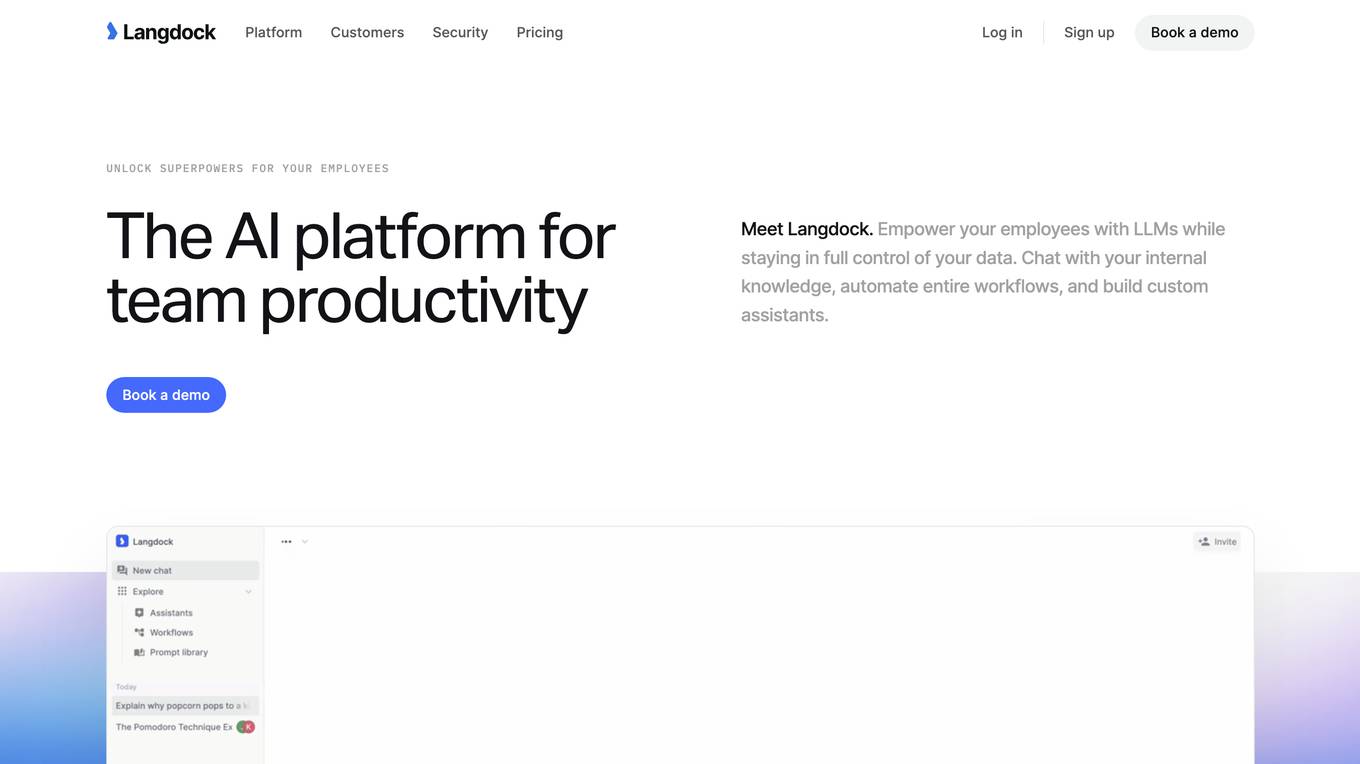
Langdock
Langdock is an all-in-one AI platform designed for companies to roll out AI to all employees and enable developers to build custom AI workflows. It offers powerful AI chat, use-case-specific assistants, AI workplace search, and API for building and running agents. Langdock provides model-agnostic, privacy-first, scalable, and measurable features, with expert support assistants for various tasks. The platform is enterprise trusted, with a focus on security and compliance. It is hosted in Europe and offers a 7-day free trial for users to get started.
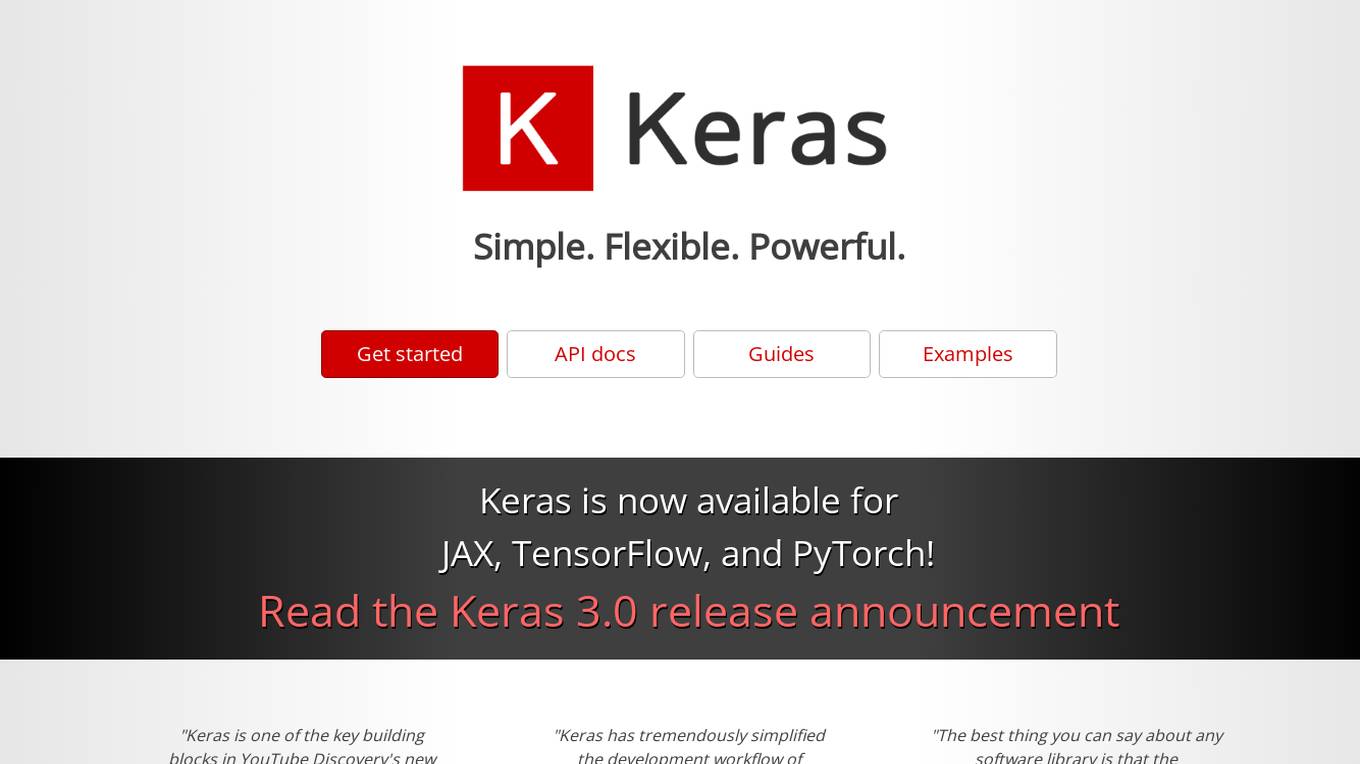
Keras
Keras is an open-source deep learning API written in Python, designed to make building and training deep learning models easier. It provides a user-friendly interface and a wide range of features and tools to help developers create and deploy machine learning applications. Keras is compatible with multiple frameworks, including TensorFlow, Theano, and CNTK, and can be used for a variety of tasks, including image classification, natural language processing, and time series analysis.
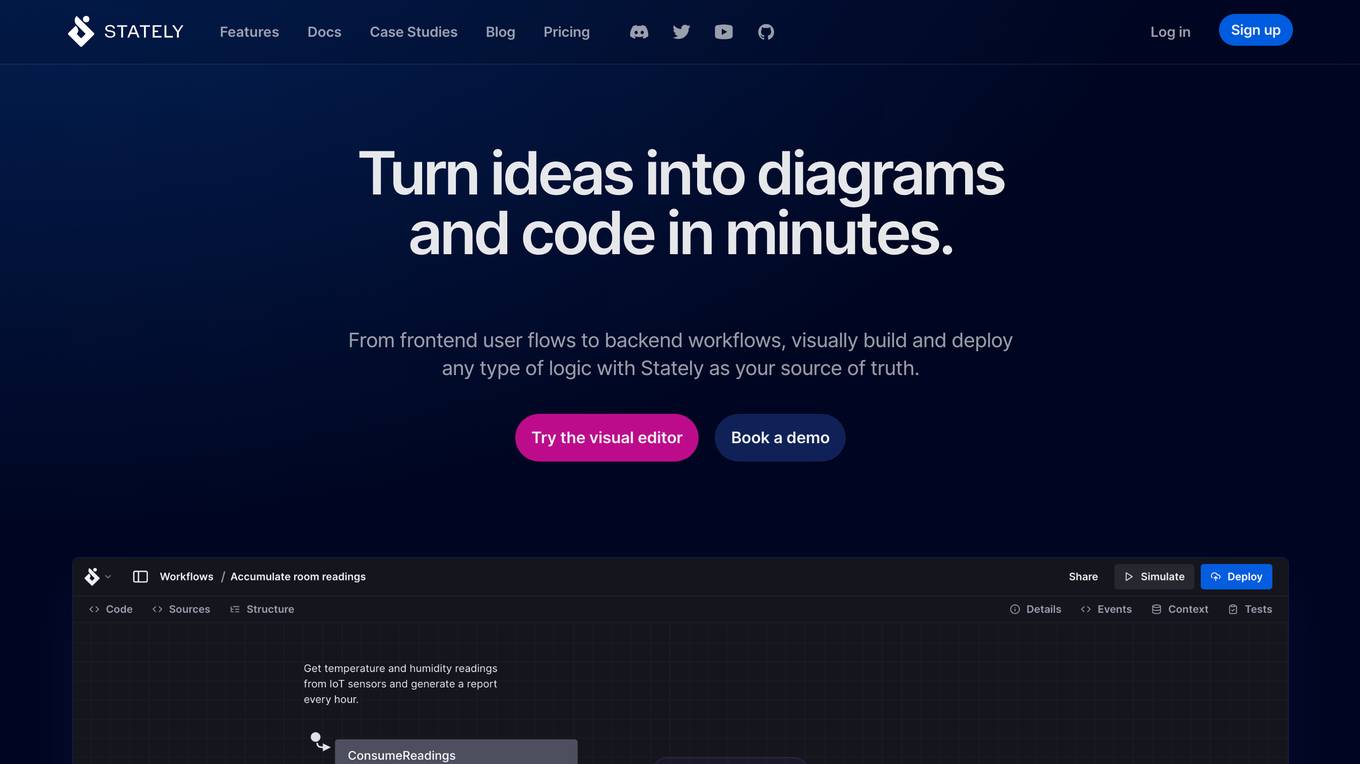
Stately
Stately is a visual logic builder that enables users to create complex logic diagrams and code in minutes. It provides a drag-and-drop editor that brings together contributors of all backgrounds, allowing them to collaborate on code, diagrams, documentation, and test generation in one place. Stately also integrates with AI to assist in each phase of the development process, from scaffolding behavior and suggesting variants to turning up edge cases and even writing code. Additionally, Stately offers bidirectional updates between code and visualization, allowing users to use the tools that make them most productive. It also provides integrations with popular frameworks such as React, Vue, and Svelte, and supports event-driven programming, state machines, statecharts, and the actor model for handling even the most complex logic in predictable, robust, and visual ways.
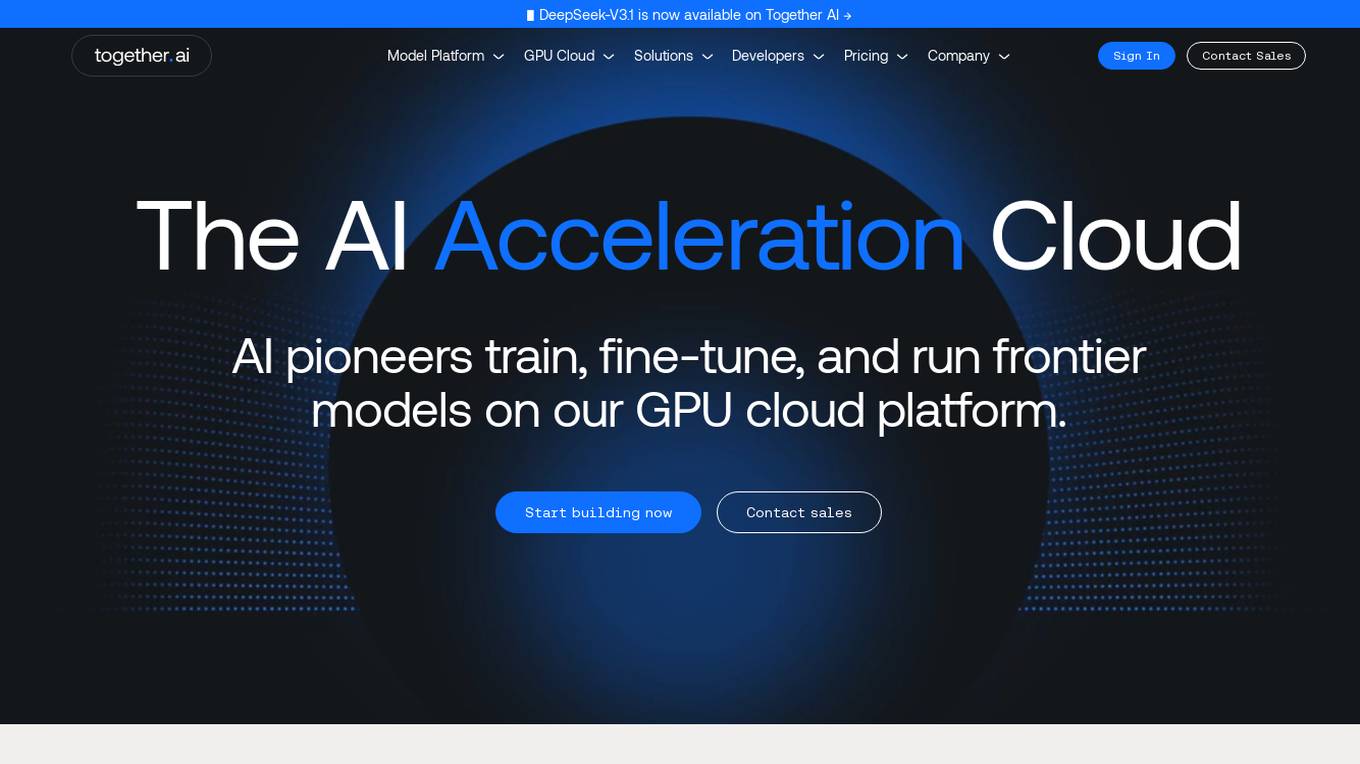
Together AI
Together AI is an AI Acceleration Cloud platform that offers fast inference, fine-tuning, and training services. It provides self-service NVIDIA GPUs, model deployment on custom hardware, AI chat app, code execution sandbox, and tools to find the right model for specific use cases. The platform also includes a model library with open-source models, documentation for developers, and resources for advancing open-source AI. Together AI enables users to leverage pre-trained models, fine-tune them, or build custom models from scratch, catering to various generative AI needs.
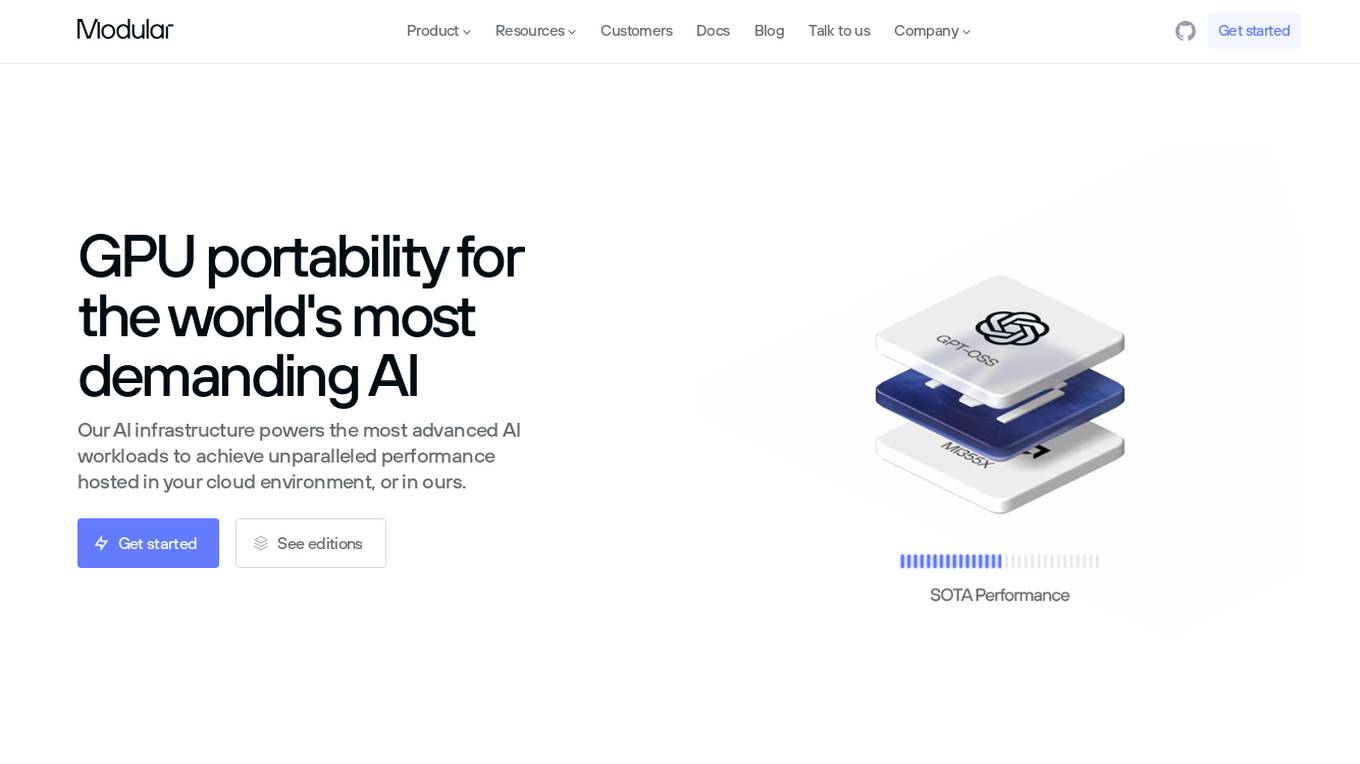
Modular
Modular is a fast, scalable Gen AI inference platform that offers a comprehensive suite of tools and resources for AI development and deployment. It provides solutions for AI model development, deployment options, AI inference, research, and resources like documentation, models, tutorials, and step-by-step guides. Modular supports GPU and CPU performance, intelligent scaling to any cluster, and offers deployment options for various editions. The platform enables users to build agent workflows, utilize AI retrieval and controlled generation, develop chatbots, engage in code generation, and improve resource utilization through batch processing.
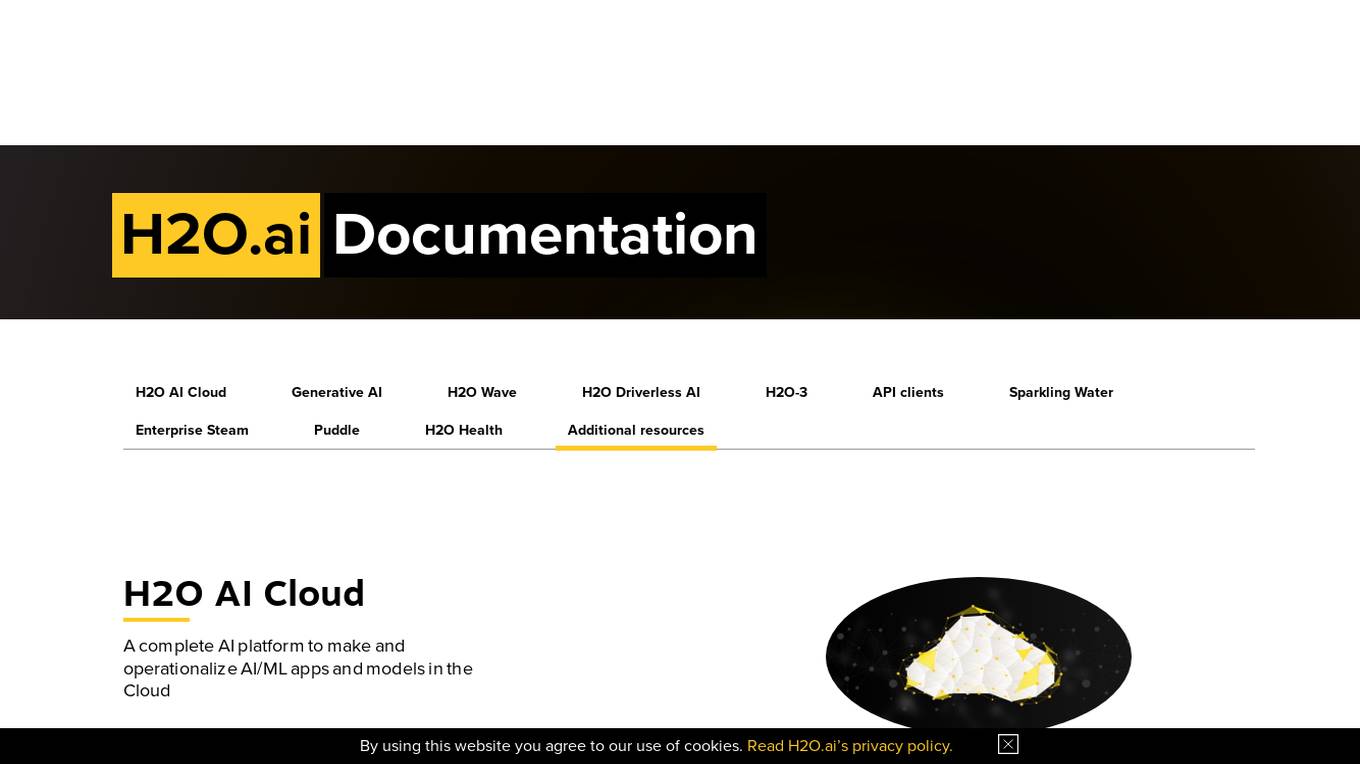
H2O.ai
H2O.ai is a leading AI platform that offers a range of open-source and enterprise solutions for machine learning and AI applications. The platform includes products such as H2O-3, H2O Wave, Sparkling Water, H2O AI Cloud, H2O Driverless AI, and more. H2O.ai aims to democratize AI by providing tools for building, deploying, and managing AI/ML models in various environments, including the cloud. The platform also emphasizes explainable AI to enhance transparency and trustworthiness in AI applications.
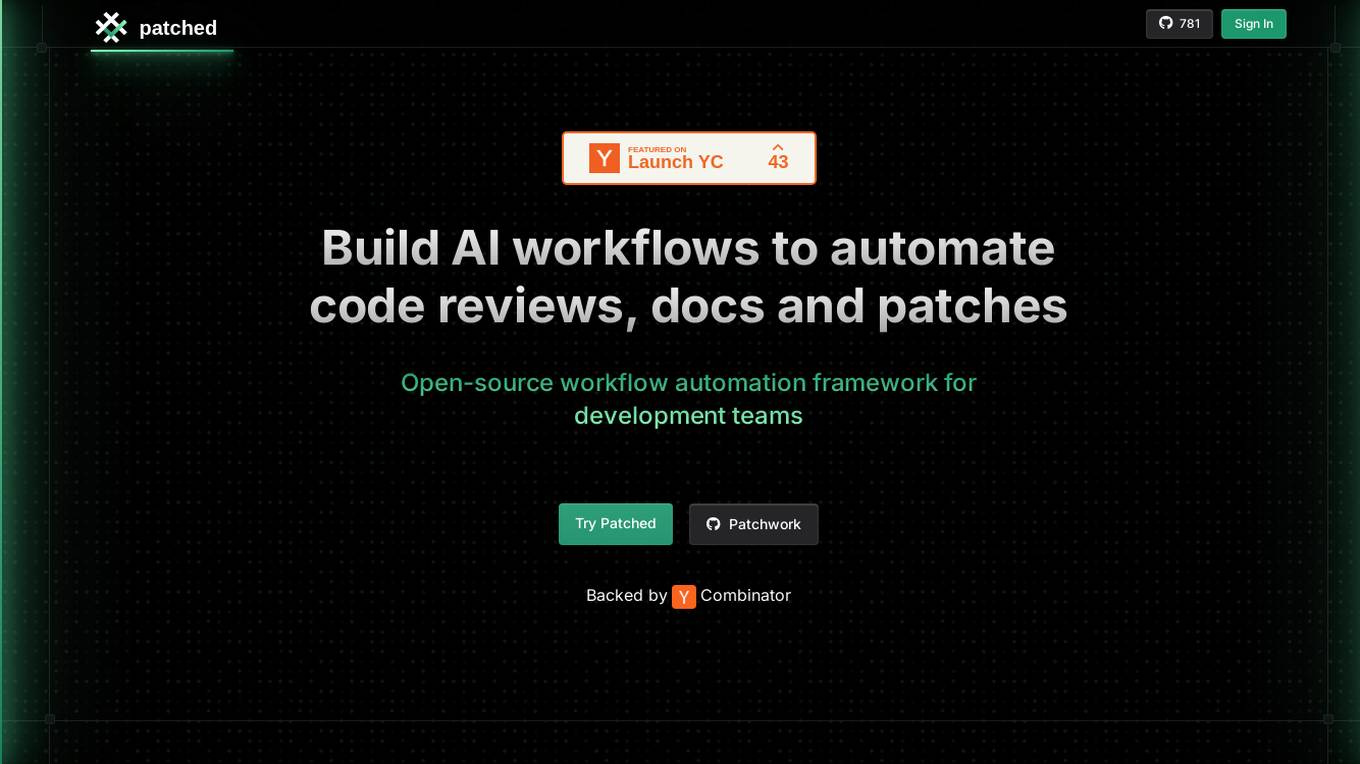
Patched
Patched is an open-source workflow automation framework designed for development teams to build AI workflows that automate code reviews, documentation, and patches. It offers ready-to-go patchflows or the ability to create custom ones to accelerate mundane development tasks. Patched integrates seamlessly with popular platforms like Gitlab, GitHub, Jira, and more, allowing users to improve code quality, fix bugs, and create tickets efficiently. The application is privacy-focused, allowing users to deploy it within their own infrastructure for complete privacy. Patched is free and open-source, offering customization options via code or a no-code builder.
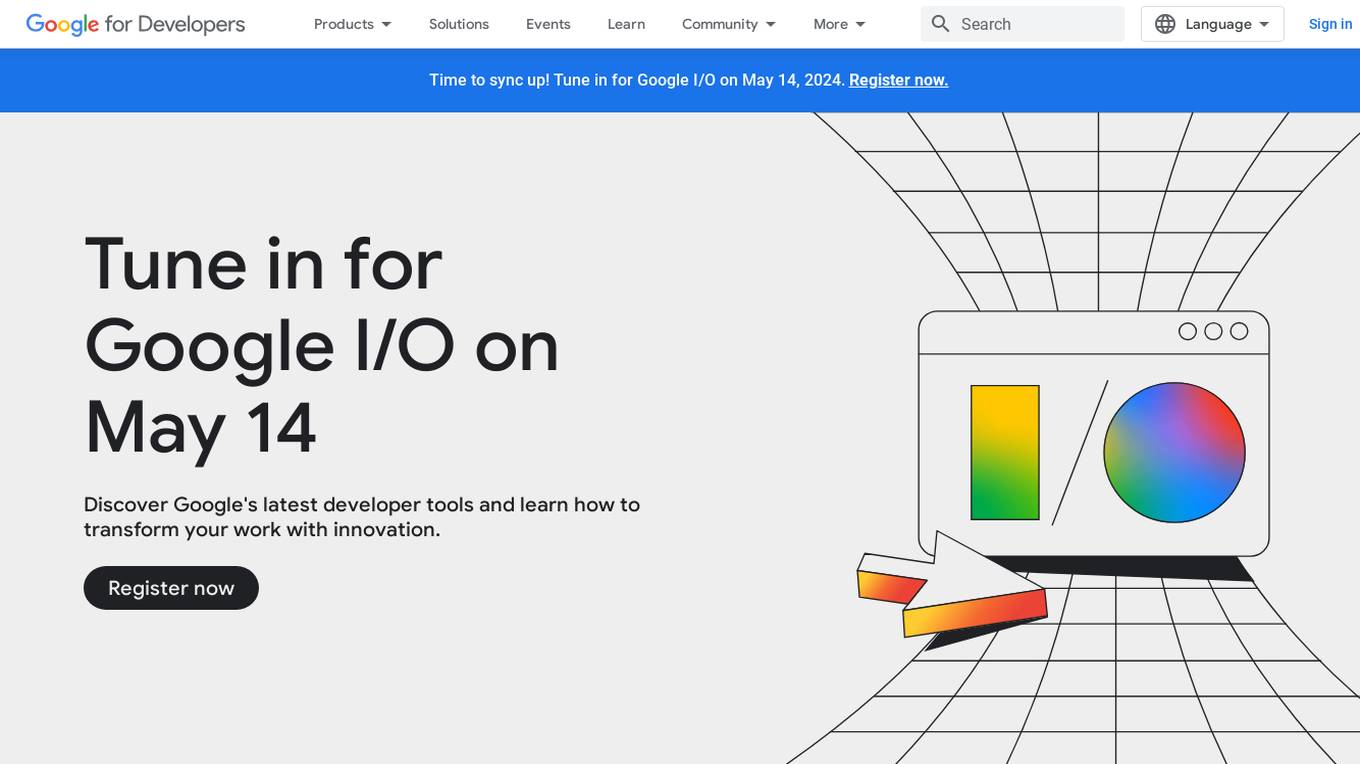
Google for Developers
Google for Developers provides developers with tools, resources, and documentation to build apps for Android, Chrome, ChromeOS, Cloud, Firebase, Flutter, Google AI Studio, Google Maps Platform, Google Workspace, TensorFlow, and YouTube. It also offers programs and events for developers to learn and connect with each other.
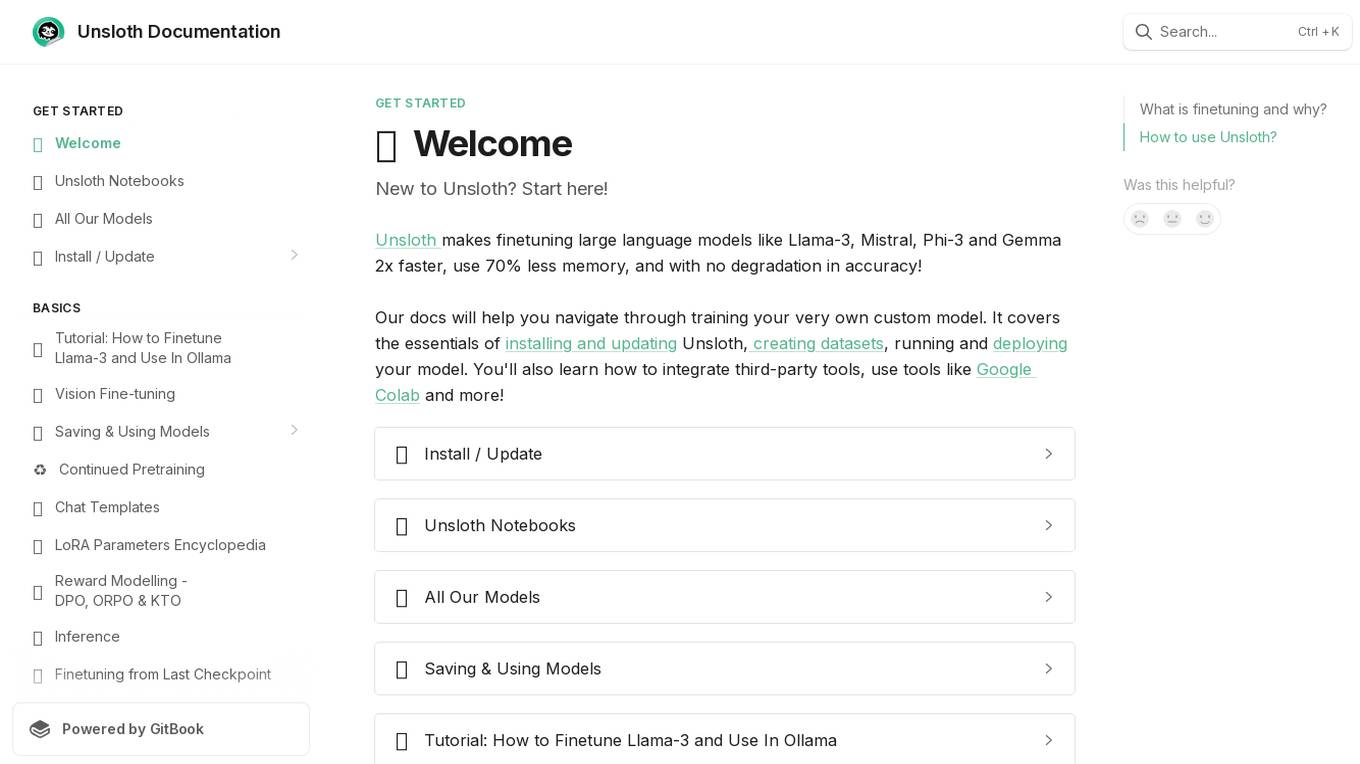
Unsloth
Unsloth is an AI tool designed to make finetuning large language models like Llama-3, Mistral, Phi-3, and Gemma 2x faster, use 70% less memory, and with no degradation in accuracy. The tool provides documentation to help users navigate through training their custom models, covering essentials such as installing and updating Unsloth, creating datasets, running, and deploying models. Users can also integrate third-party tools and utilize platforms like Google Colab.
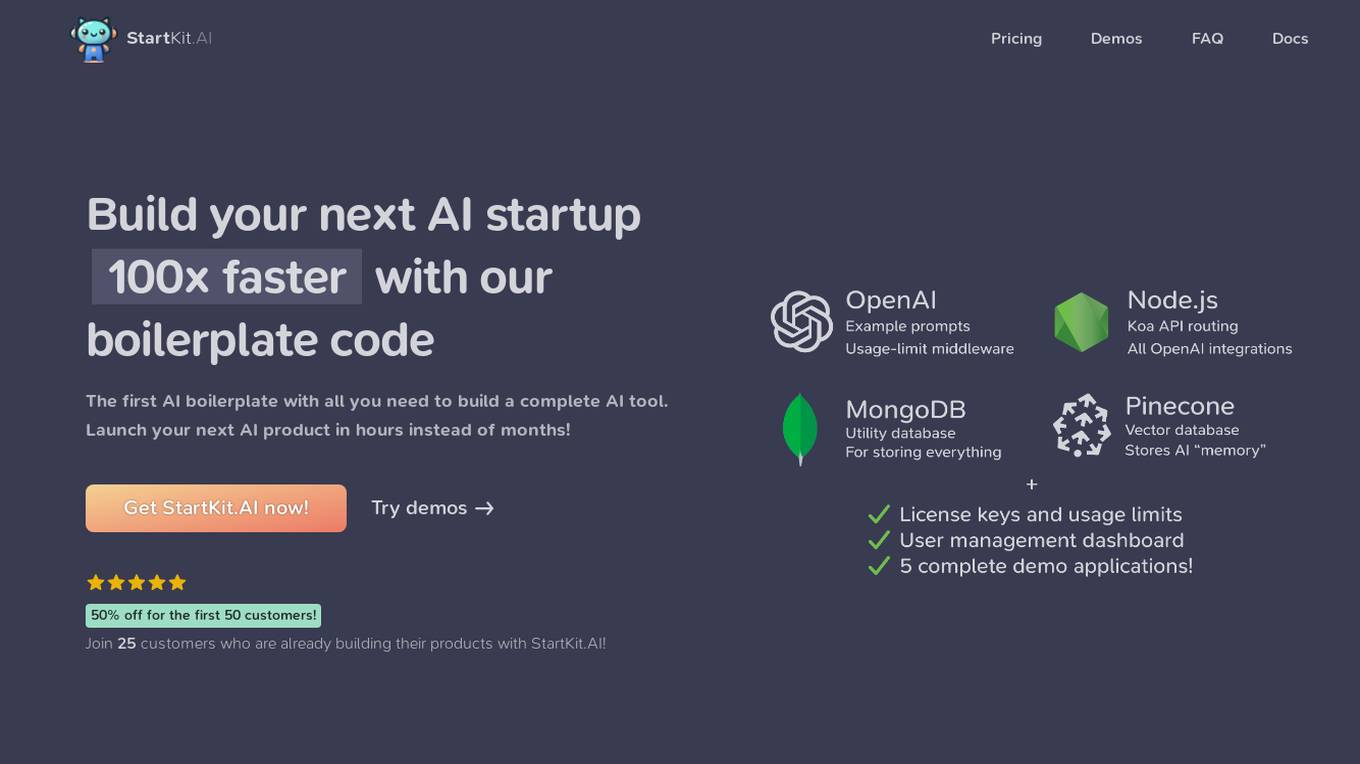
StartKit.AI
StartKit.AI is a boilerplate code for AI products that helps users build their AI startups 100x faster. It includes pre-built REST API routes for all common AI functionality, a pre-configured Pinecone for text embeddings and Retrieval-Augmented Generation (RAG) for chat endpoints, and five React demo apps to help users get started quickly. StartKit.AI also provides a license key and magic link authentication, user & API limit management, and full documentation for all its code. Additionally, users get access to guides to help them get set up and one year of updates.

Myple
Myple is an AI application that enables users to build, scale, and secure AI applications with ease. It provides production-ready AI solutions tailored to individual needs, offering a seamless user experience. With support for multiple languages and frameworks, Myple simplifies the integration of AI through open-source SDKs. The platform features a clean interface, keyboard shortcuts for efficient navigation, and templates to kickstart AI projects. Additionally, Myple offers AI-powered tools like RAG chatbot for documentation, Gmail agent for email notifications, and AskFeynman for physics-related queries. Users can connect their favorite tools and services effortlessly, without any coding. Joining the beta program grants early access to new features and issue resolution prioritization.
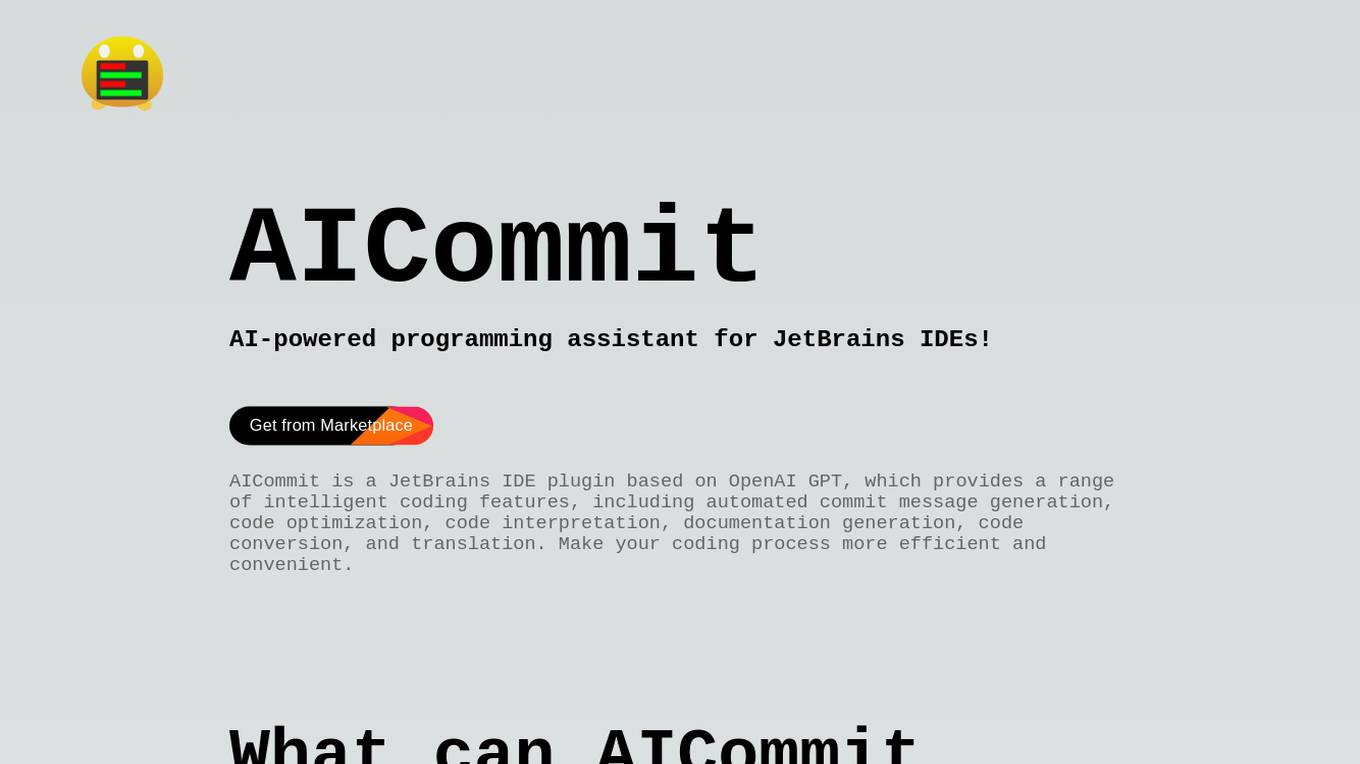
AICommit
AICommit is an AI-powered programming assistant for JetBrains IDEs. It is based on OpenAI GPT and provides a range of intelligent coding features, including automated commit message generation, code optimization, code interpretation, documentation generation, code conversion, and translation. AICommit can help you make your coding process more efficient and convenient.
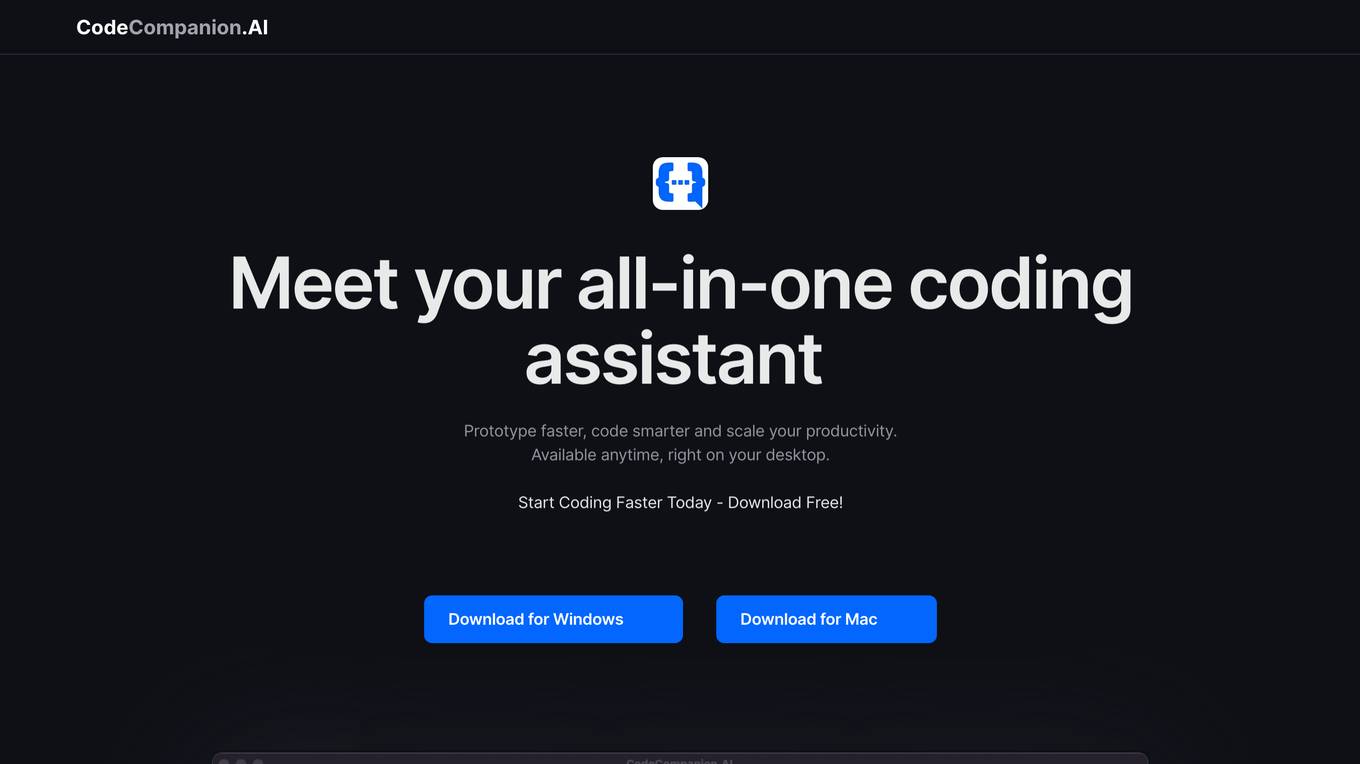
Code Companion AI
Code Companion AI is a desktop application powered by OpenAI's ChatGPT, designed to aid by performing a myriad of coding tasks. This application streamlines project management with its chatbot interface that can execute shell commands, generate code, handle database queries and review your existing code. Tasks are as simple as sending a message - you could request creation of a .gitignore file, or deploy an app on AWS, and CodeCompanion.AI does it for you. Simply download CodeCompanion.AI from the website to enjoy all features across various programming languages and platforms.
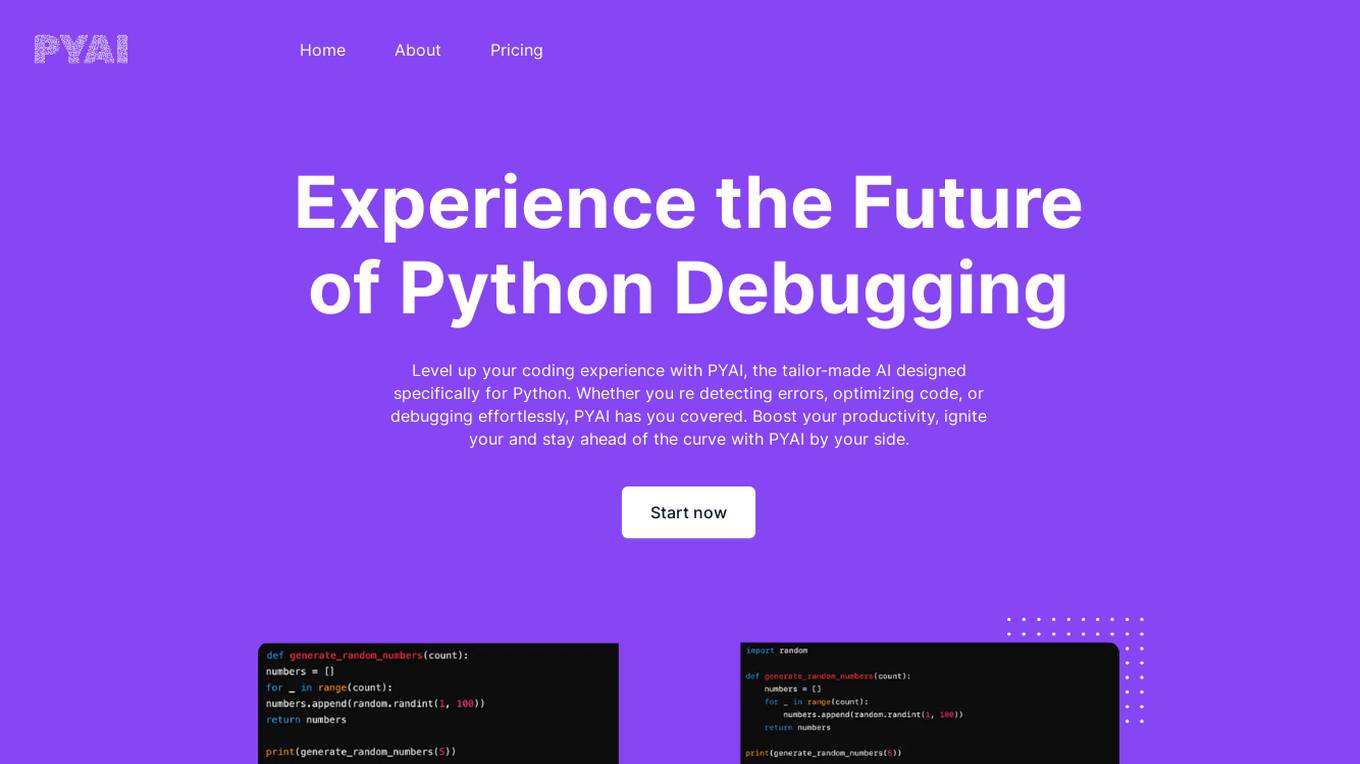
PyAI
PyAI is an advanced AI tool designed for developers and data scientists to streamline their workflow and enhance productivity. It offers a wide range of AI capabilities, including machine learning algorithms, natural language processing, computer vision, and more. With PyAI, users can easily build, train, and deploy AI models for various applications, such as predictive analytics, image recognition, and text classification. The tool provides a user-friendly interface and comprehensive documentation to support users at every stage of their AI projects.
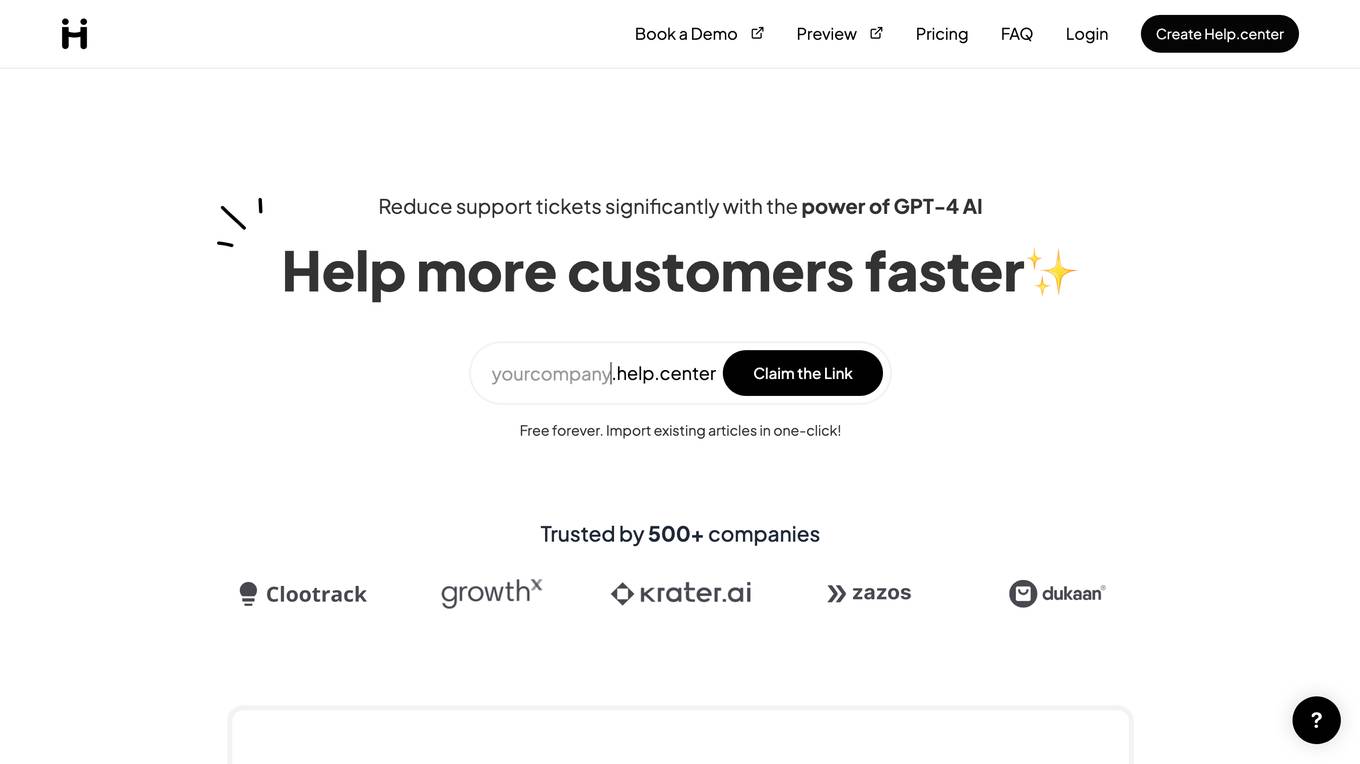
Help.center
Help.center is a customer support knowledge base powered by AI that empowers businesses to reduce support tickets significantly and help more customers faster. It offers AI chatbot and knowledge base features to enable self-service for customers, manage customer conversations efficiently, and improve customer satisfaction rates. The application is designed to provide 24x7 support, multilingual assistance, and automatic learning capabilities. Help.center is trusted by over 500 companies and offers a user-friendly interface for easy integration into product ecosystems.
1 - Open Source AI Tools
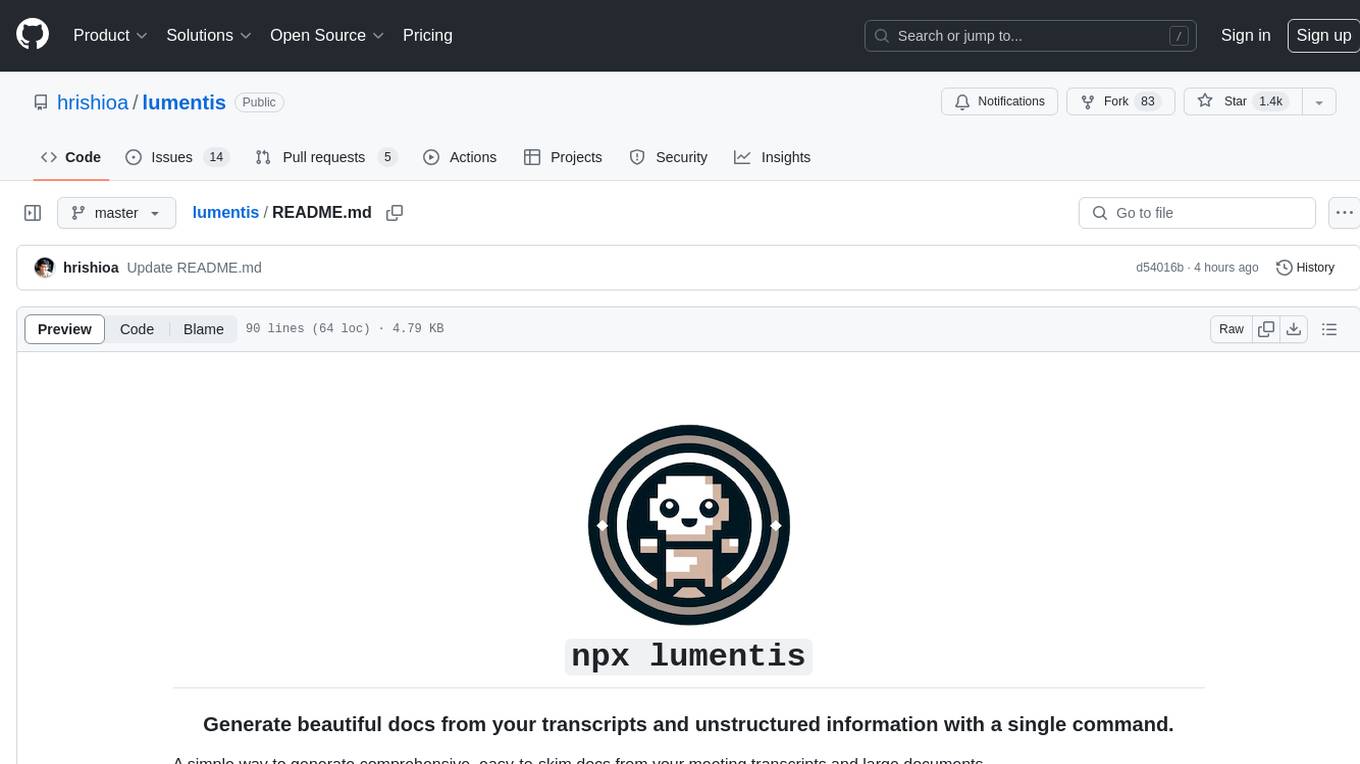
lumentis
Lumentis is a tool that allows users to generate beautiful and comprehensive documentation from meeting transcripts and large documents with a single command. It reads transcripts, asks questions to understand themes and audience, generates an outline, and creates detailed pages with visual variety and styles. Users can switch models for different tasks, control the process, and deploy the generated docs to Vercel. The tool is designed to be open, clean, fast, and easy to use, with upcoming features including folders, PDFs, auto-transcription, website scraping, scientific papers handling, summarization, and continuous updates.
20 - OpenAI Gpts
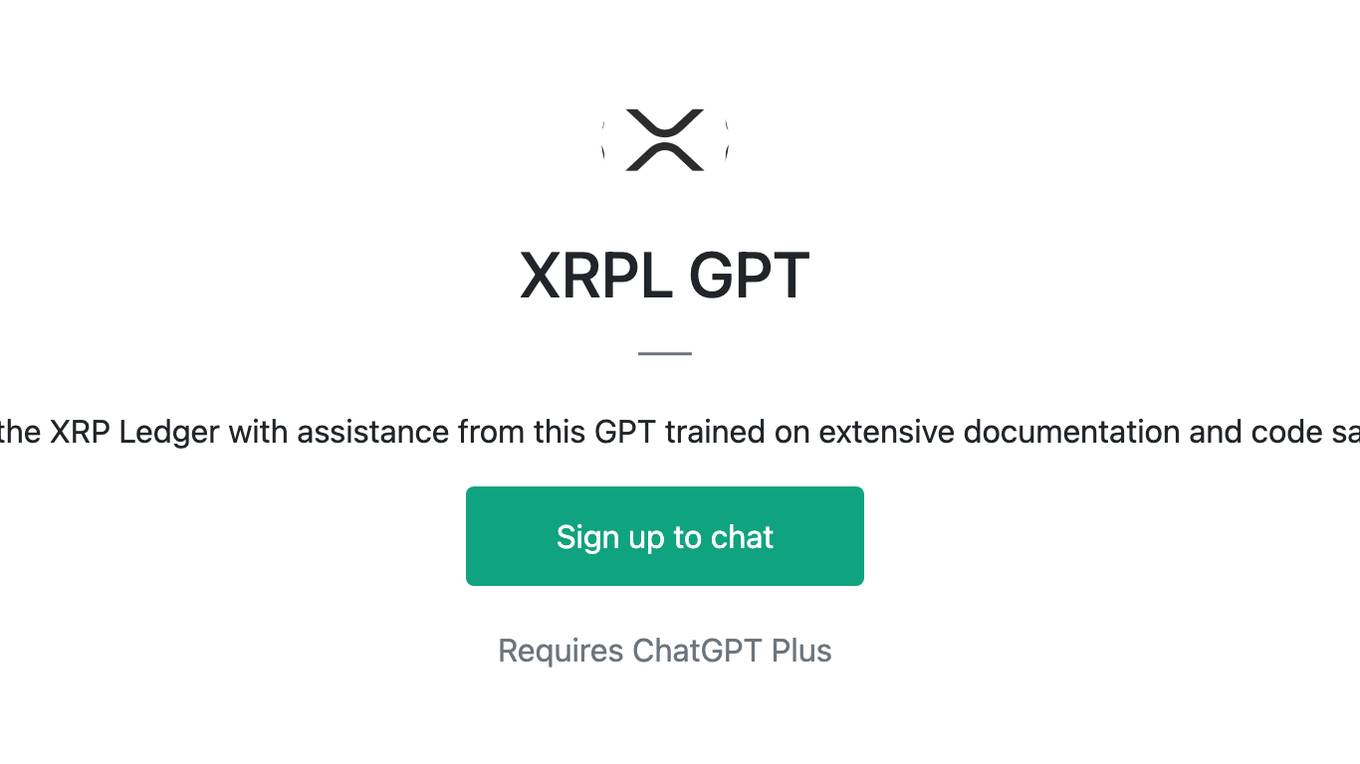
XRPL GPT
Build on the XRP Ledger with assistance from this GPT trained on extensive documentation and code samples.
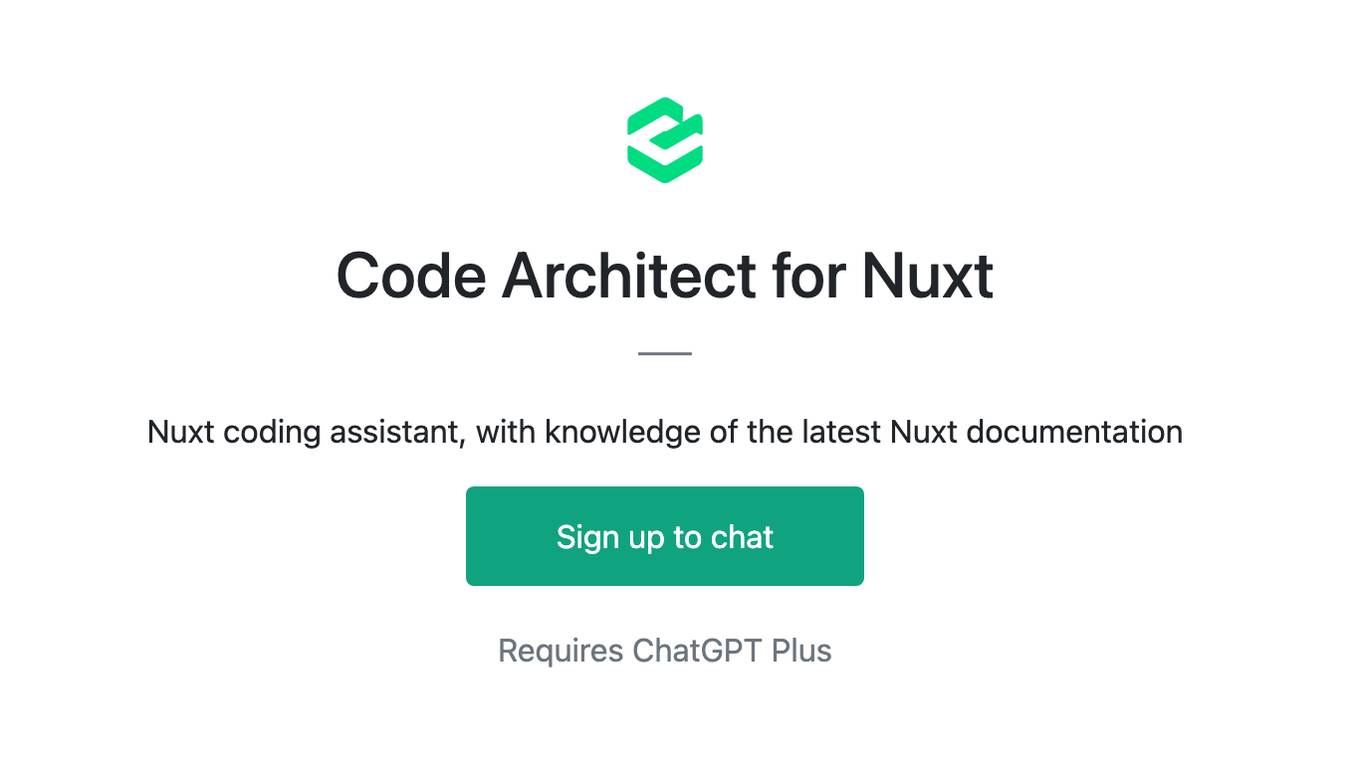
Code Architect for Nuxt
Nuxt coding assistant, with knowledge of the latest Nuxt documentation
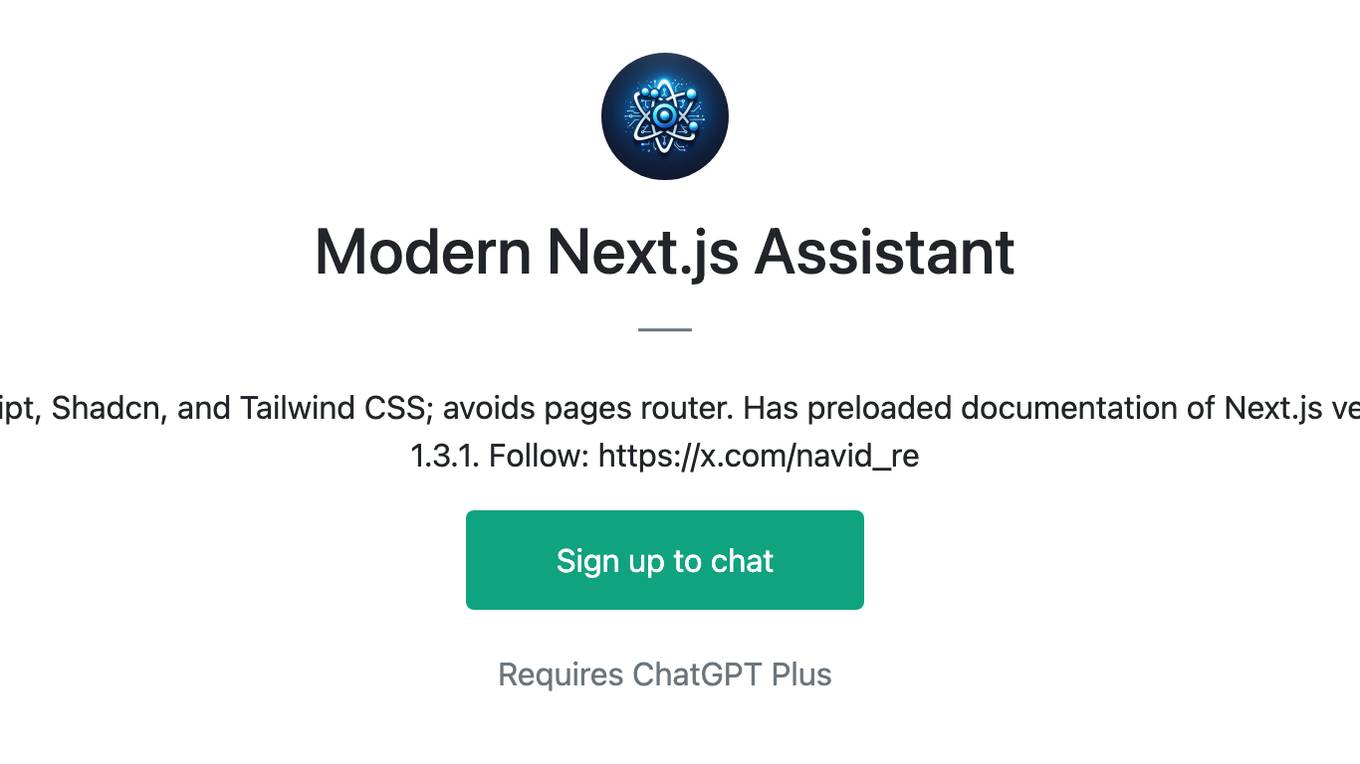
Modern Next.js Assistant
Specialized in Next.js, App Router, TypeScript, Shadcn, and Tailwind CSS; avoids pages router. Has preloaded documentation of Next.js version 14 and shadcn version 0.6. Version: 1.3.1. Follow: https://x.com/navid_re
ReScript
Write ReScript code. Trained with versions 10 & 11. Documentation github.com/guillempuche/gpt-rescript
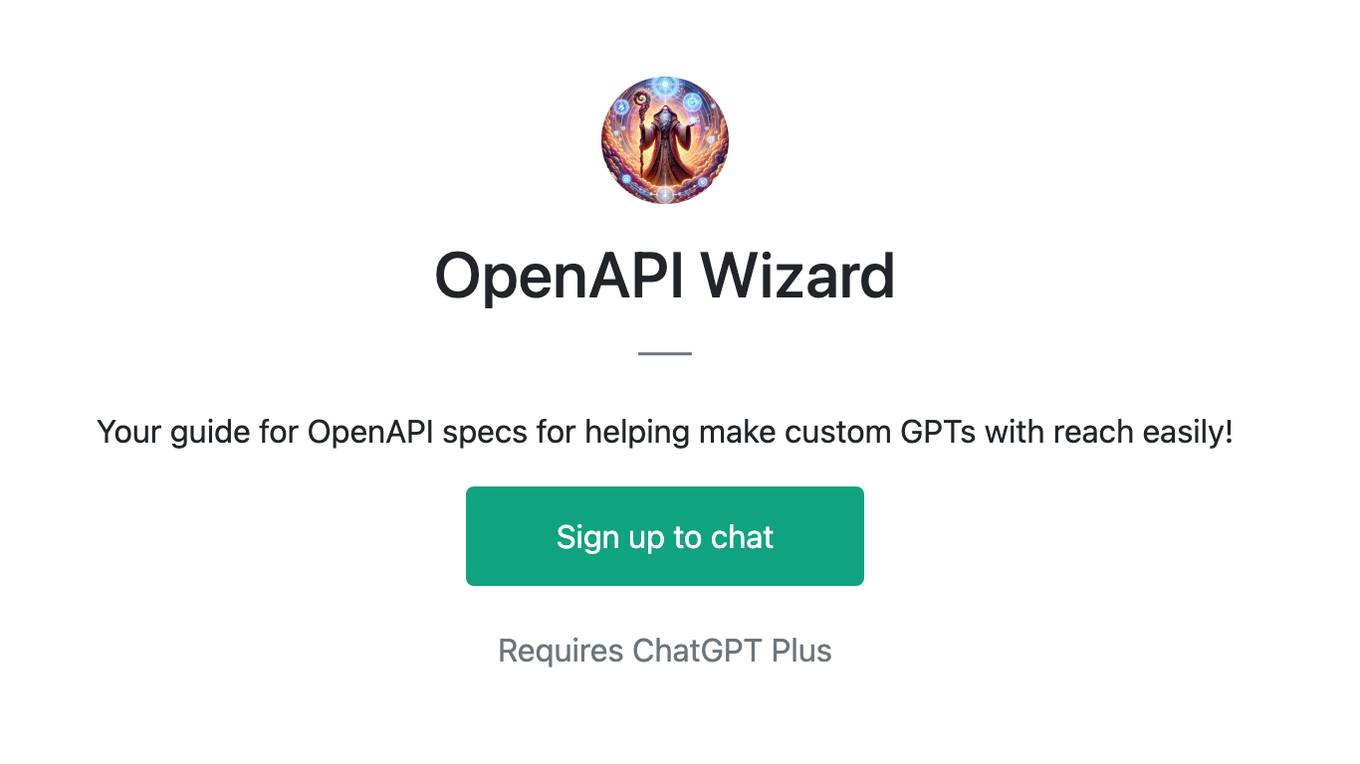
OpenAPI Wizard
Your guide for OpenAPI specs for helping make custom GPTs with reach easily!
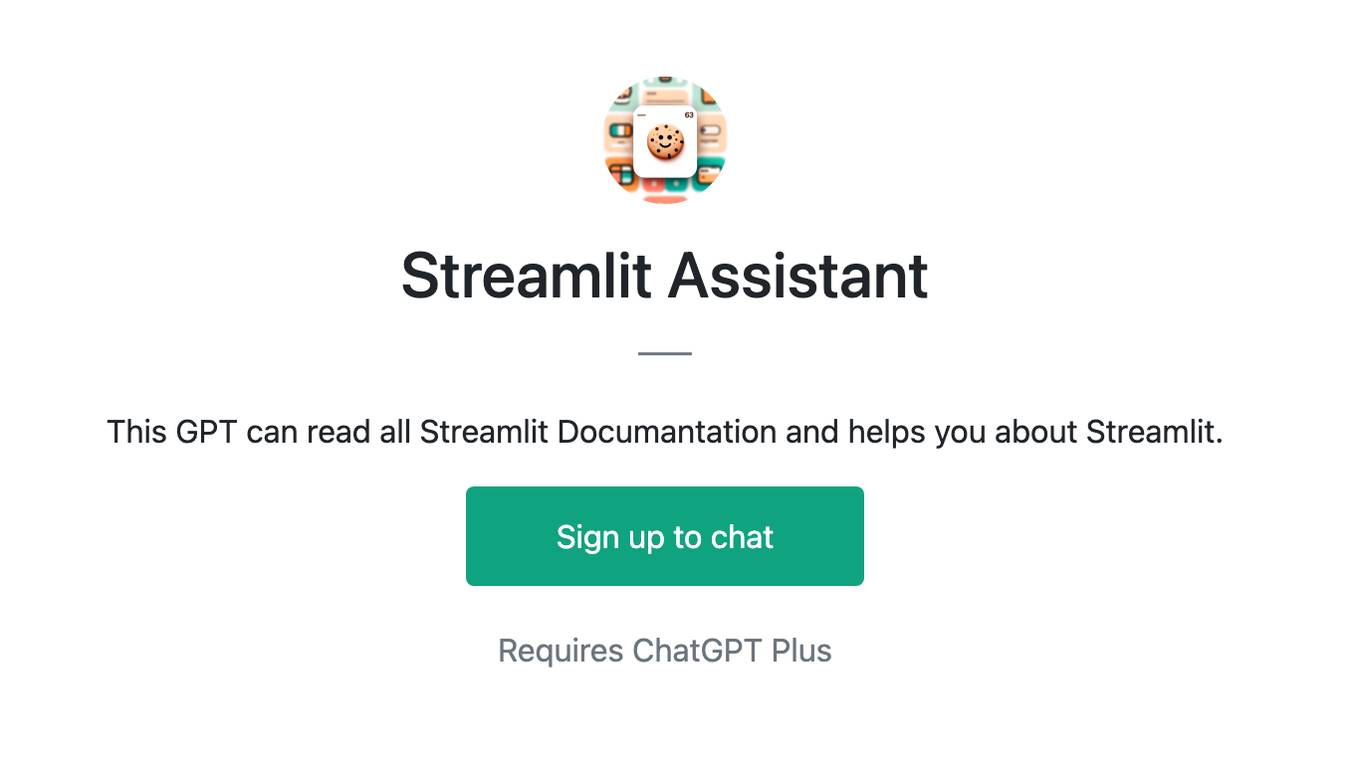
Streamlit Assistant
This GPT can read all Streamlit Documantation and helps you about Streamlit.
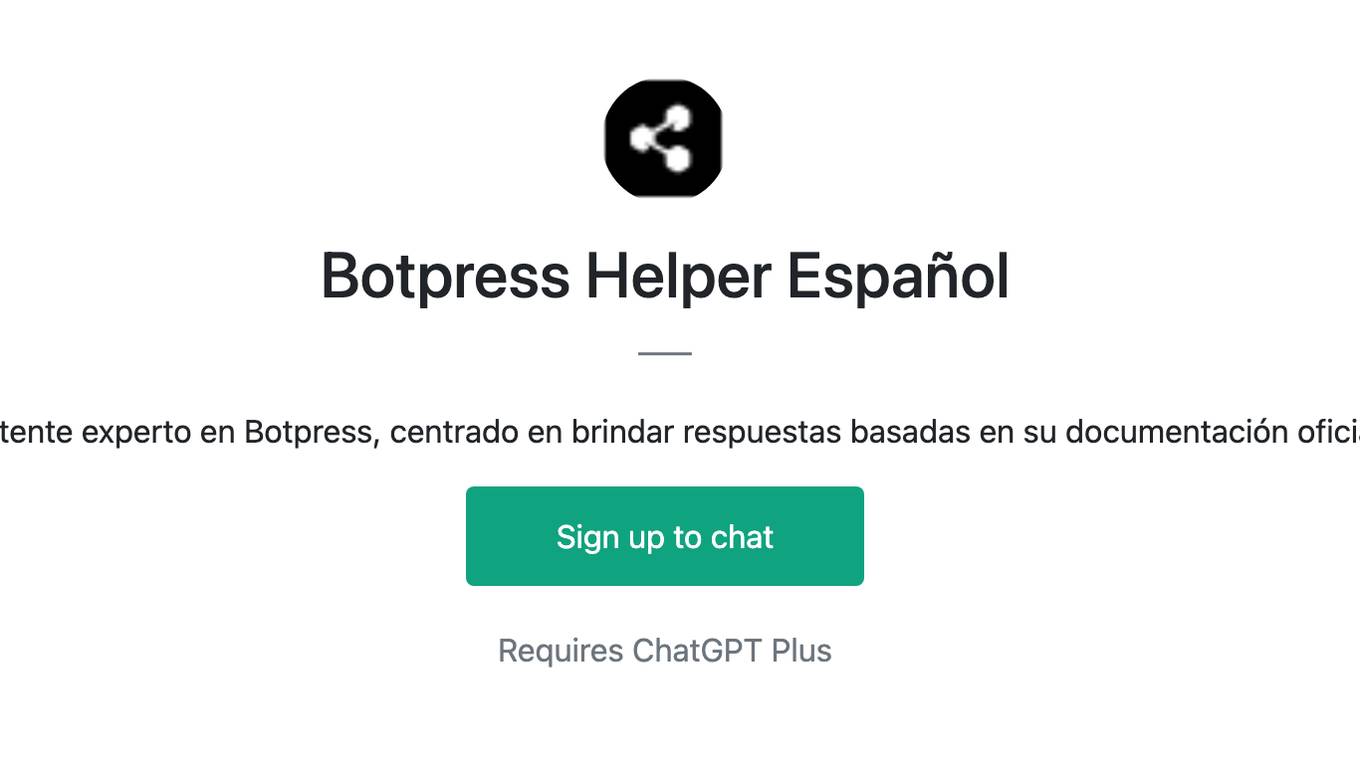
Botpress Helper Español
Asistente experto en Botpress, centrado en brindar respuestas basadas en su documentación oficial.
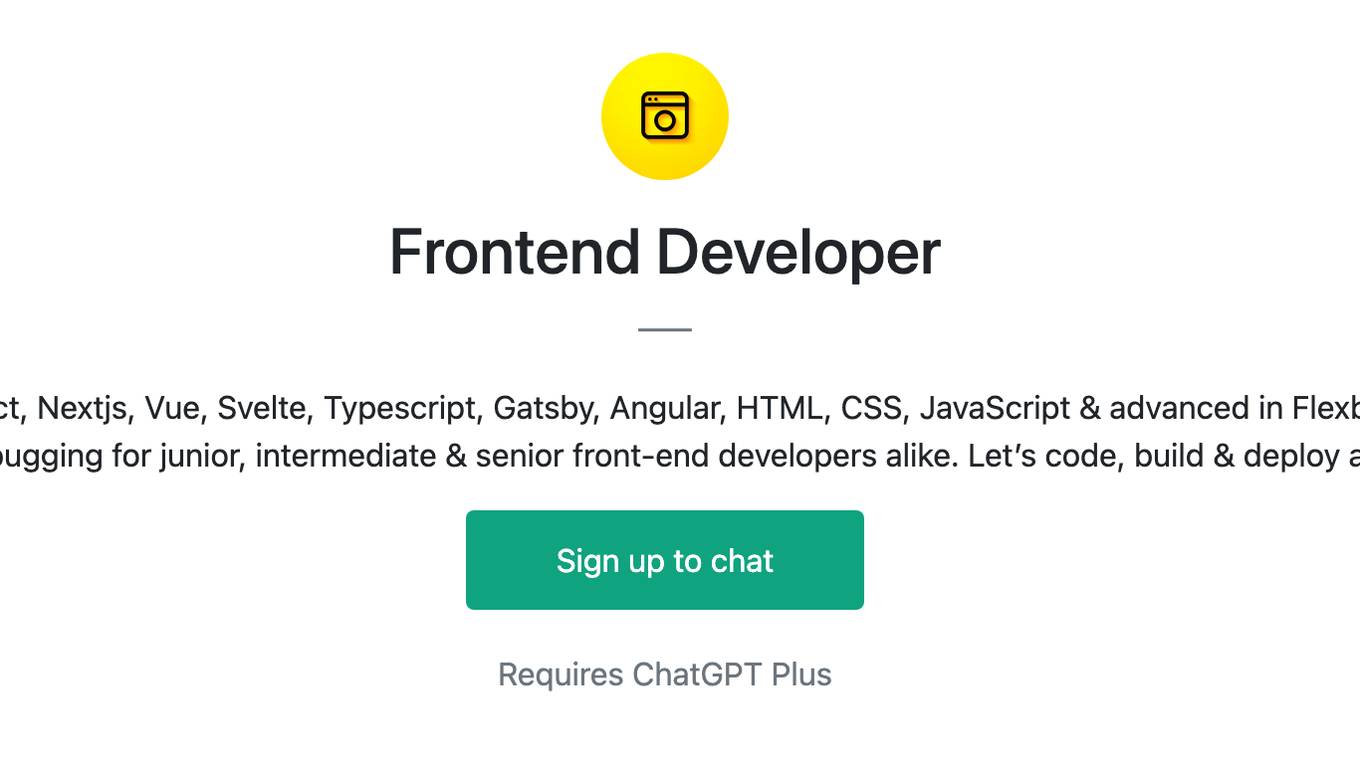
Frontend Developer
AI front-end developer expert in coding React, Nextjs, Vue, Svelte, Typescript, Gatsby, Angular, HTML, CSS, JavaScript & advanced in Flexbox, Tailwind & Material Design. Mentors in coding & debugging for junior, intermediate & senior front-end developers alike. Let’s code, build & deploy a SaaS app.
